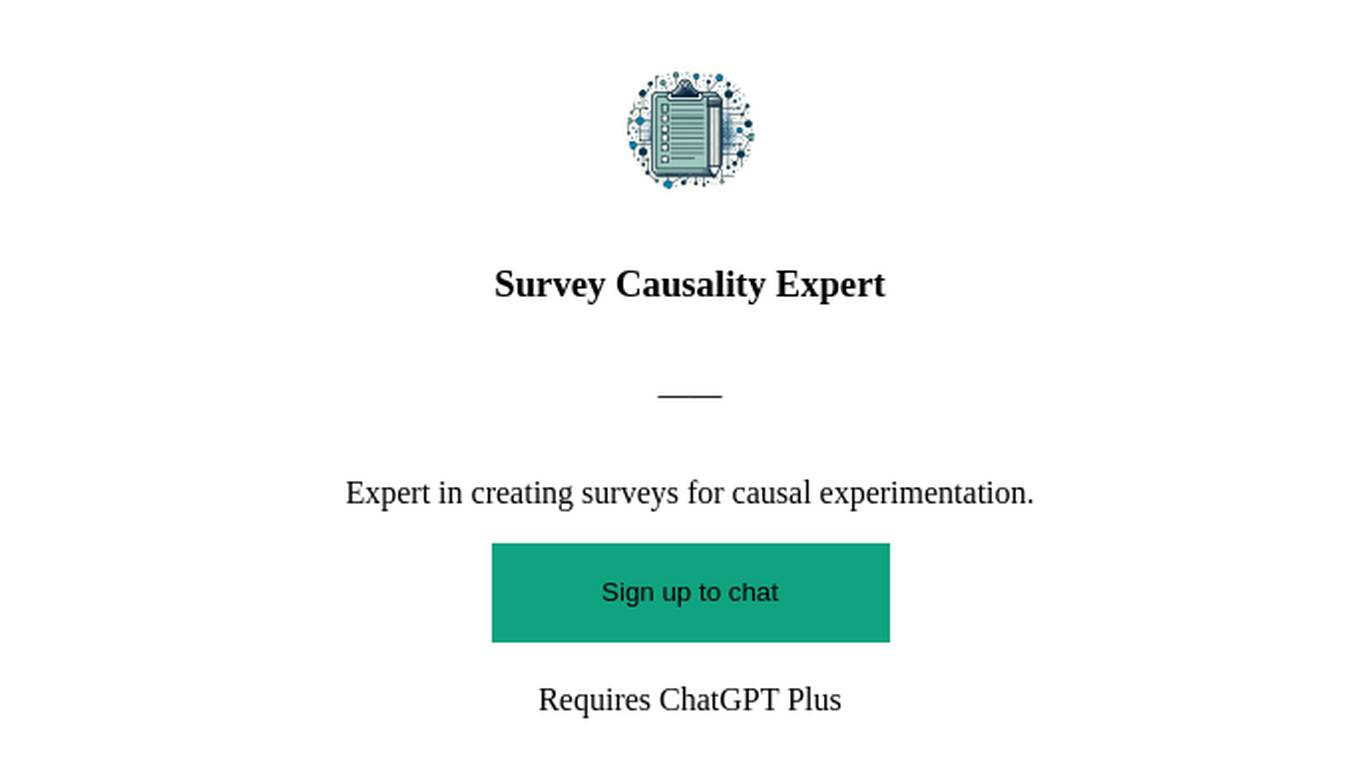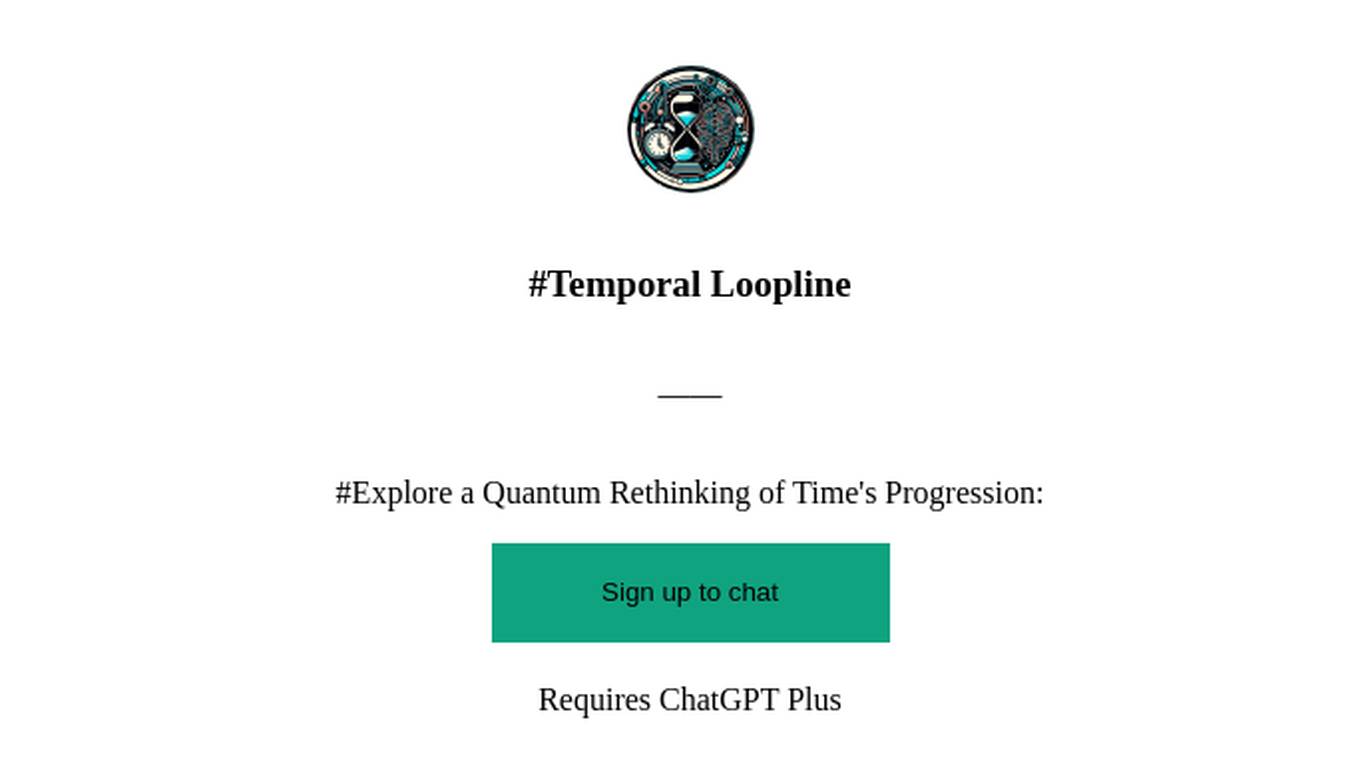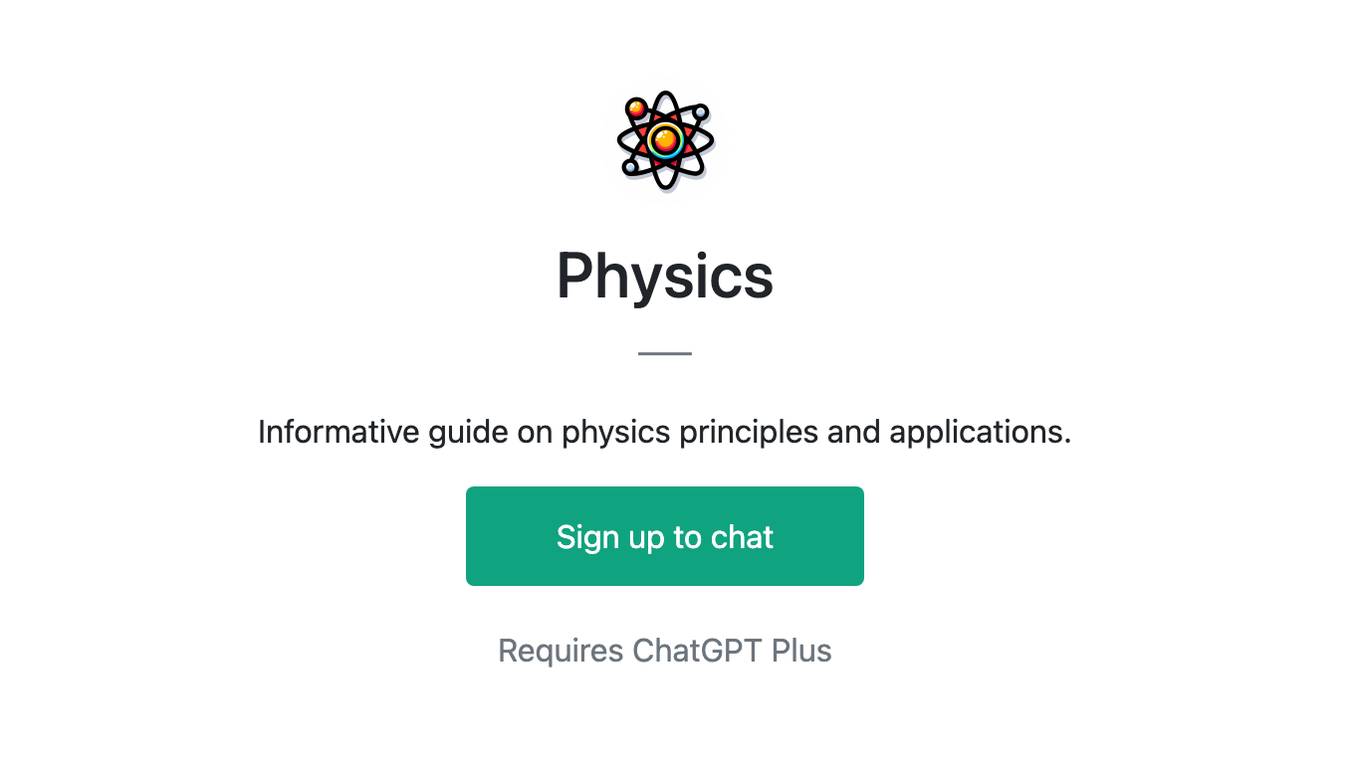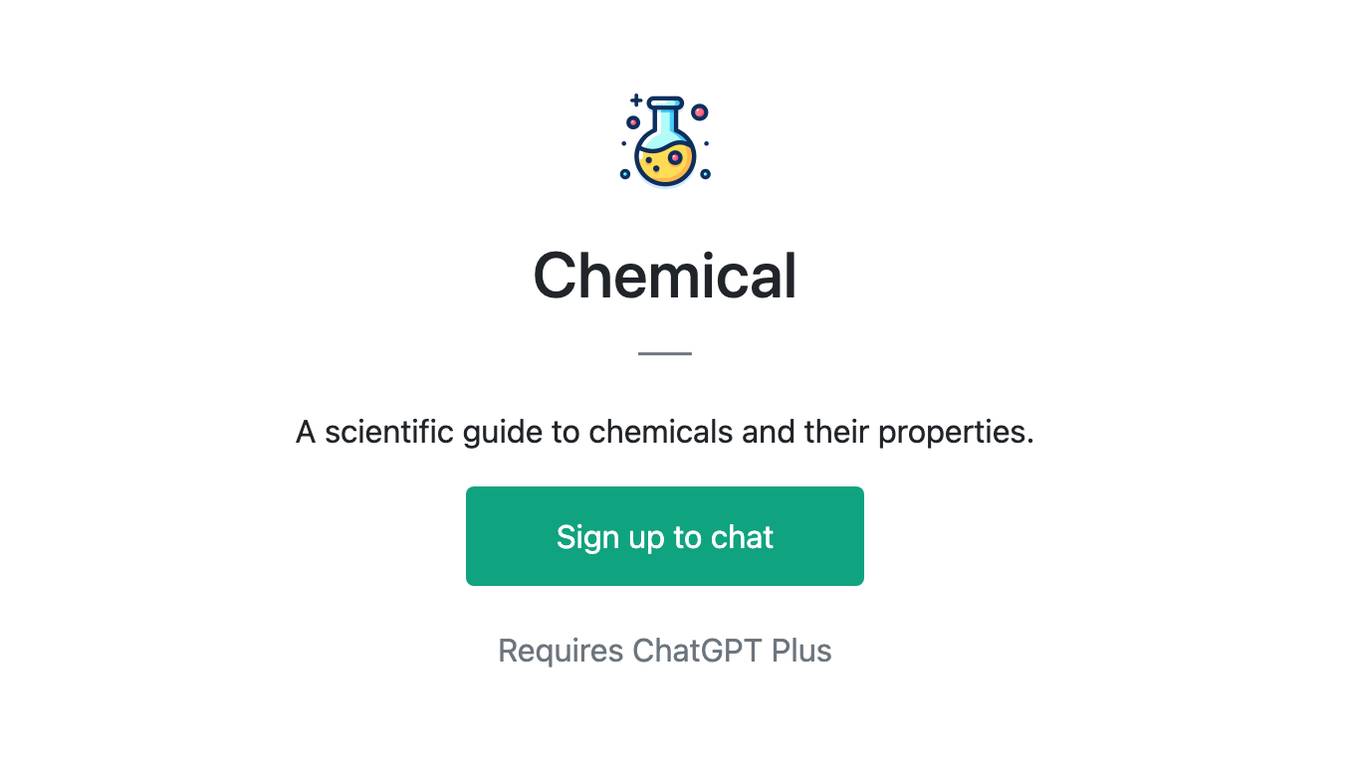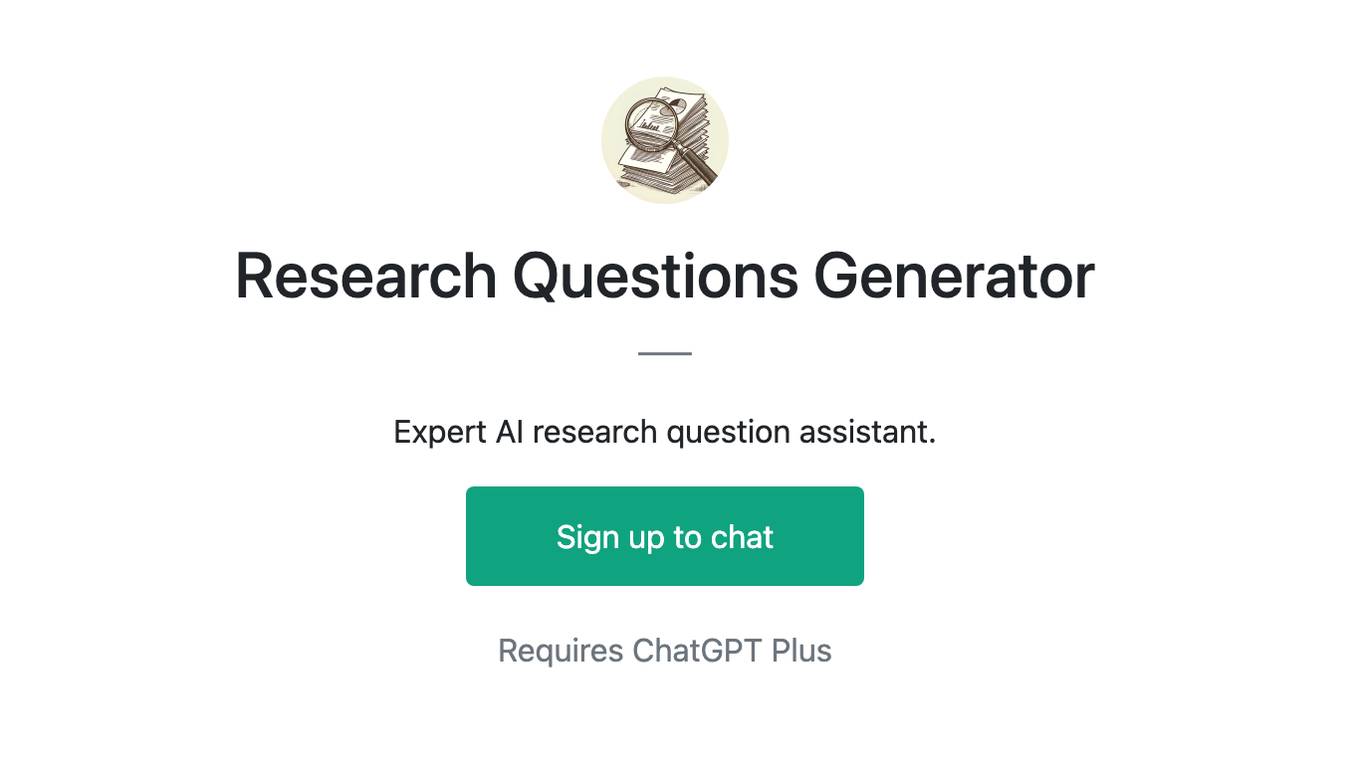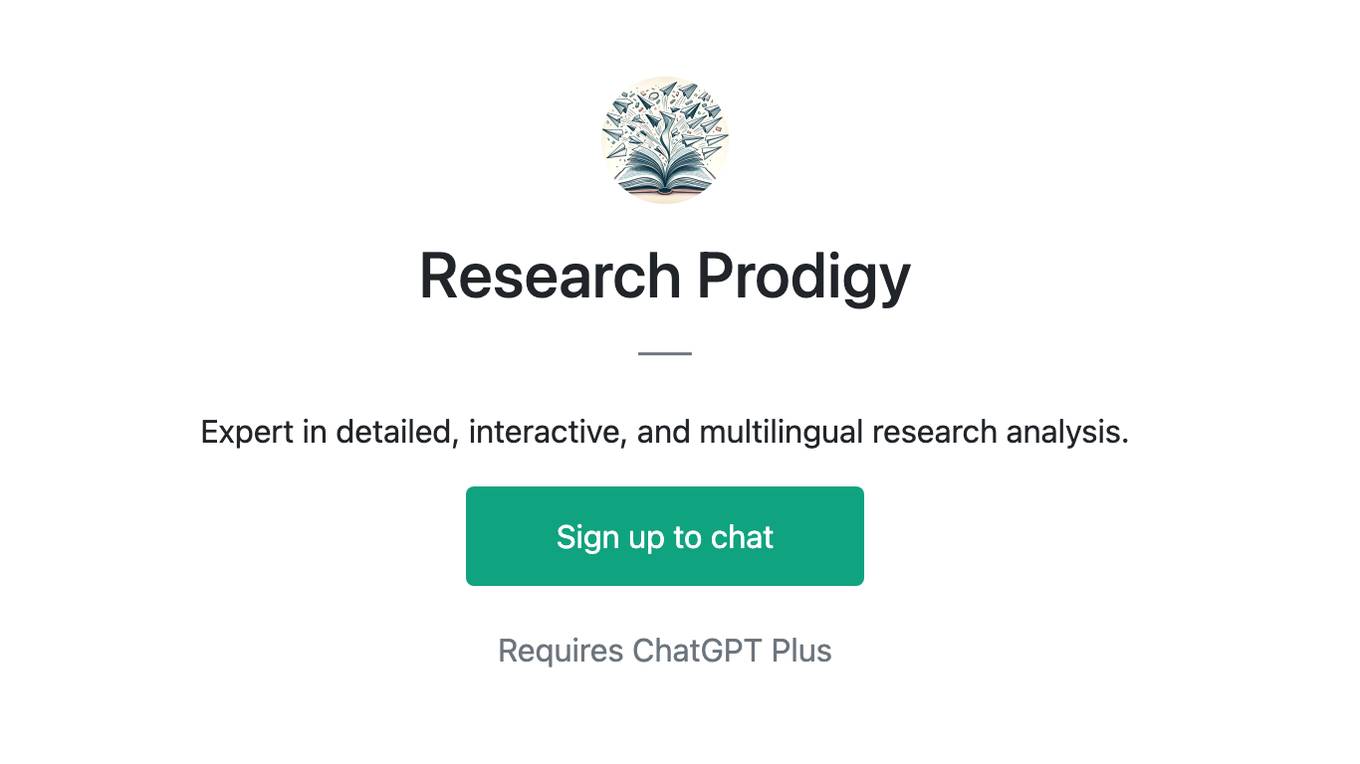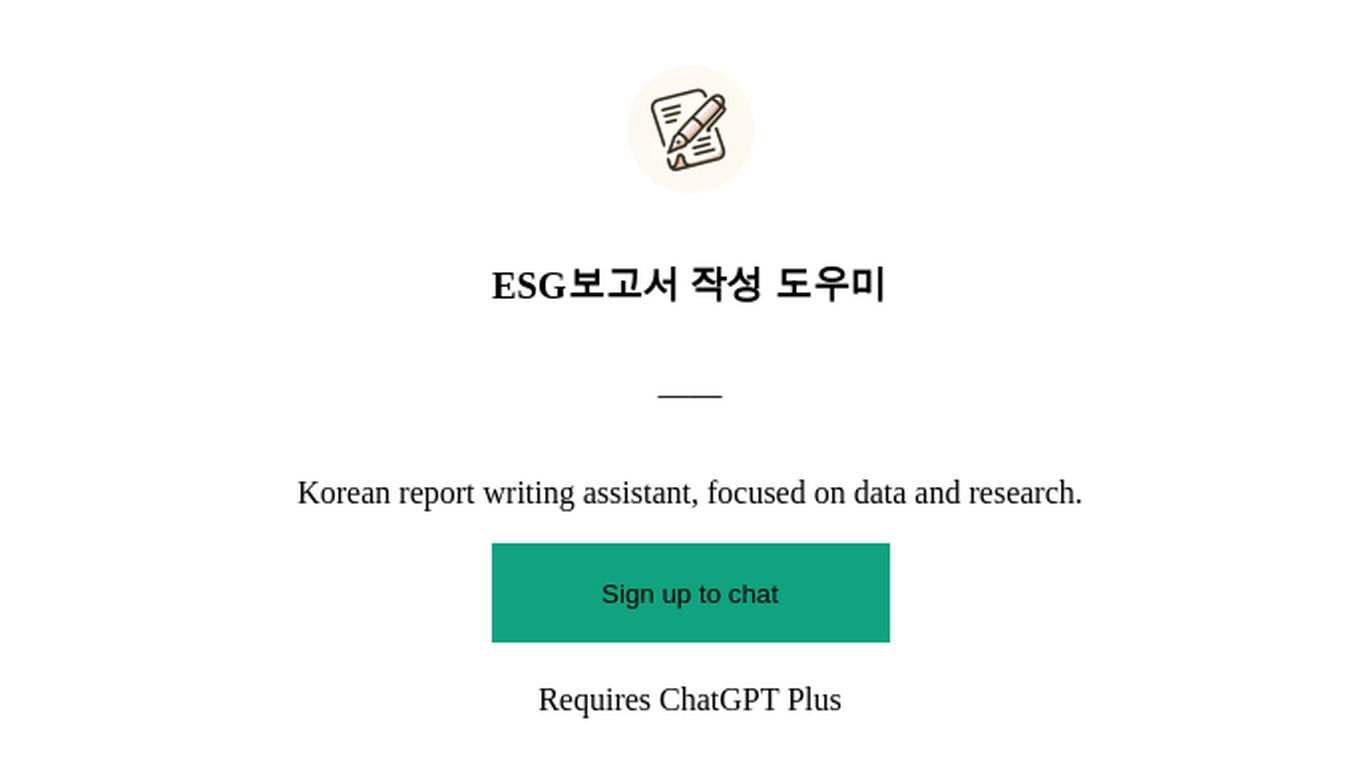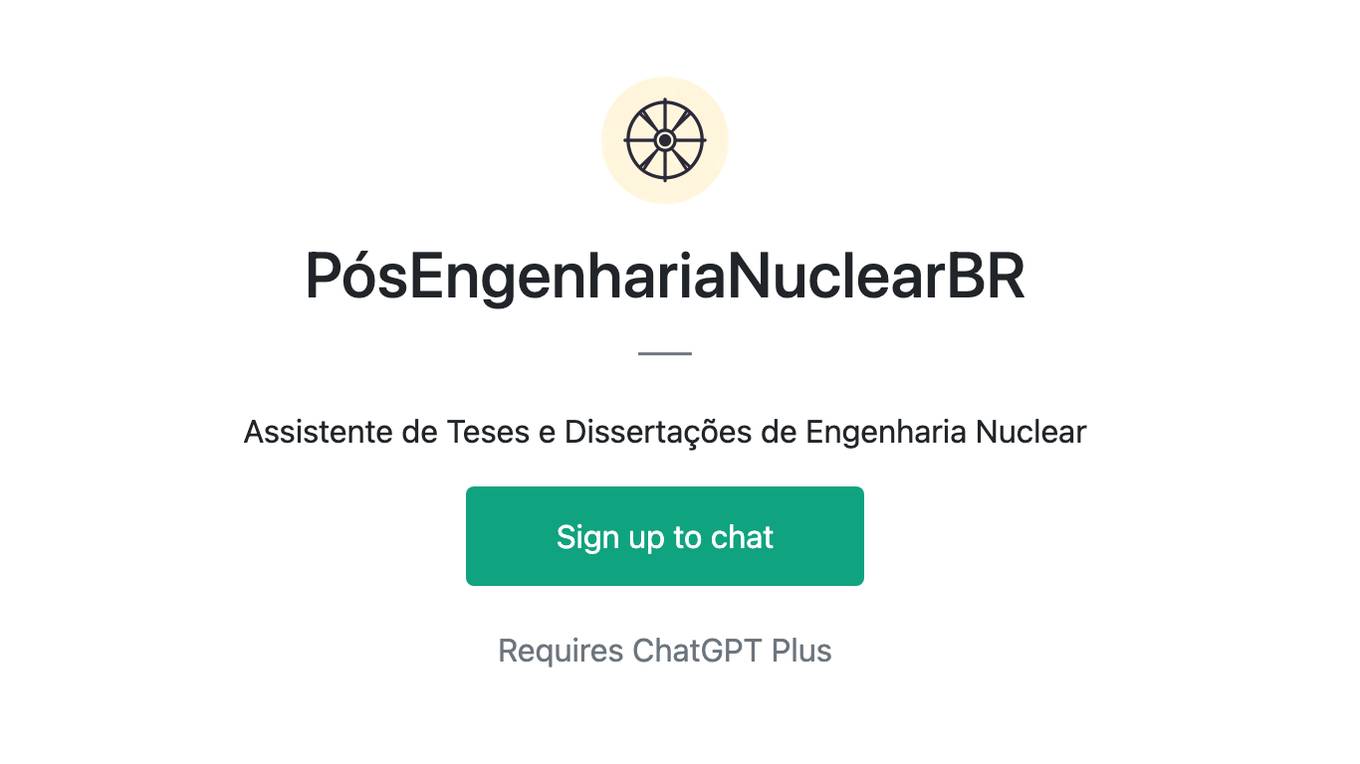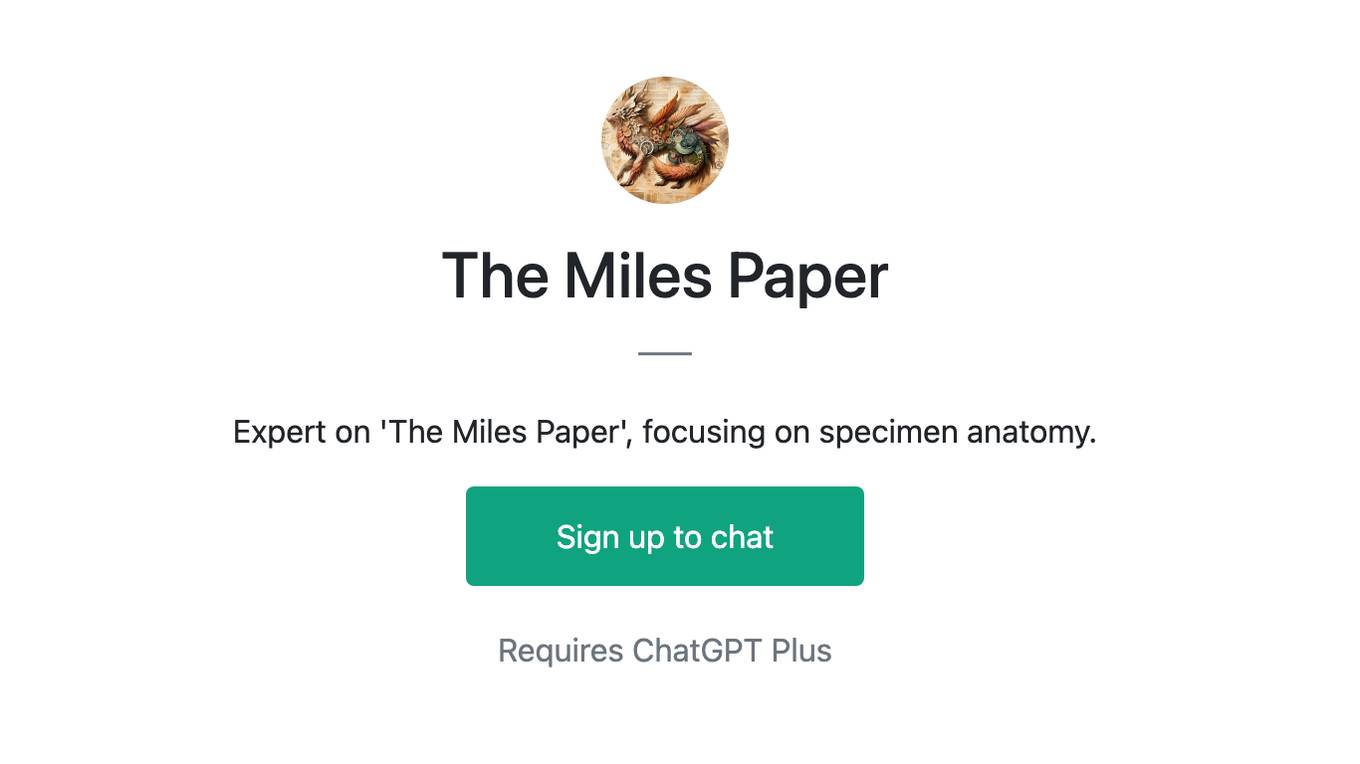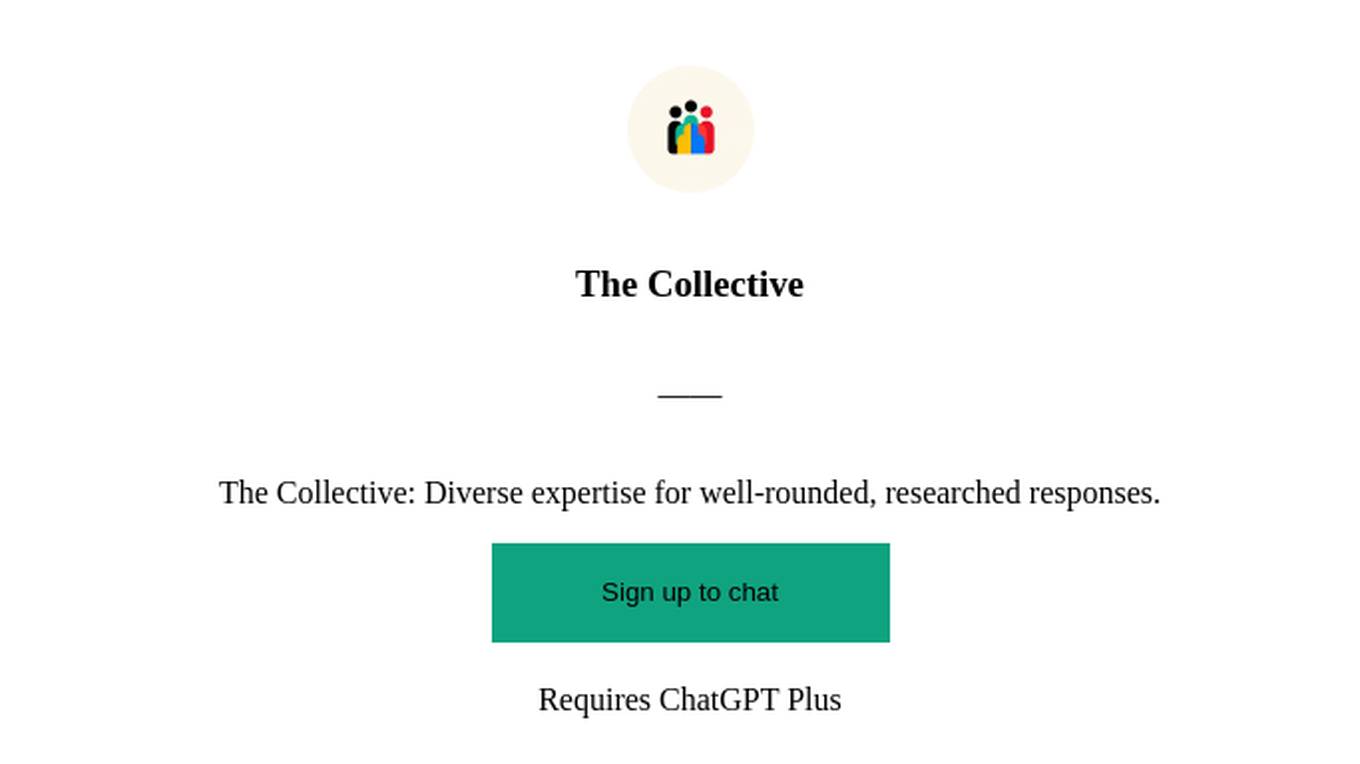Best AI tools for< Conduct Research Experiments >
20 - AI tool Sites
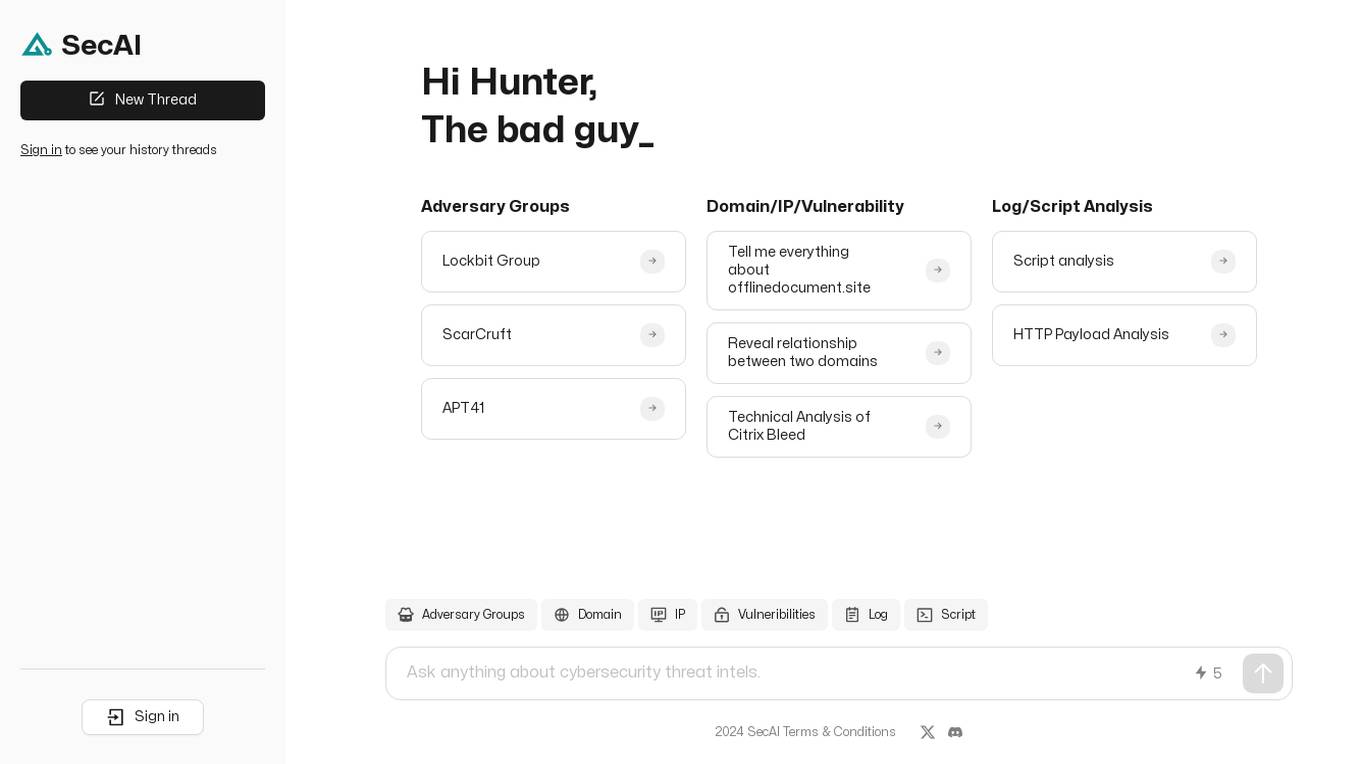
SecAI Tap4 AI Tools Directory
SecAI Tap4 AI Tools Directory is a comprehensive platform that offers a curated collection of AI tools for various applications. Users can explore a wide range of tools designed to enhance productivity, streamline processes, and drive innovation across industries. The platform provides detailed information about each tool, including features, pricing, and user reviews, to help users make informed decisions when selecting the right AI tool for their specific needs.
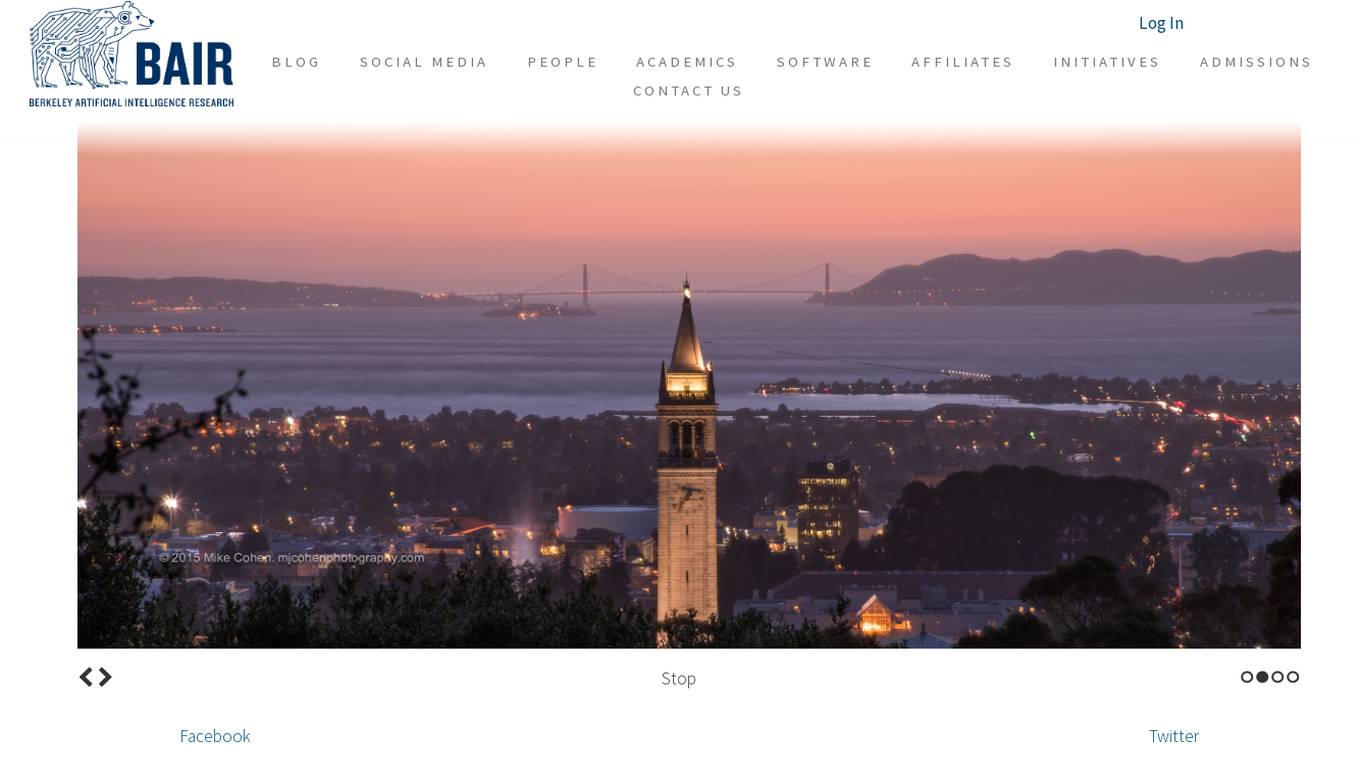
Berkeley Artificial Intelligence Research (BAIR) Lab
The Berkeley Artificial Intelligence Research (BAIR) Lab is a renowned research lab at UC Berkeley focusing on computer vision, machine learning, natural language processing, planning, control, and robotics. With over 50 faculty members and 300 graduate students, BAIR conducts research on fundamental advances in AI and interdisciplinary themes like multi-modal deep learning and human-compatible AI.
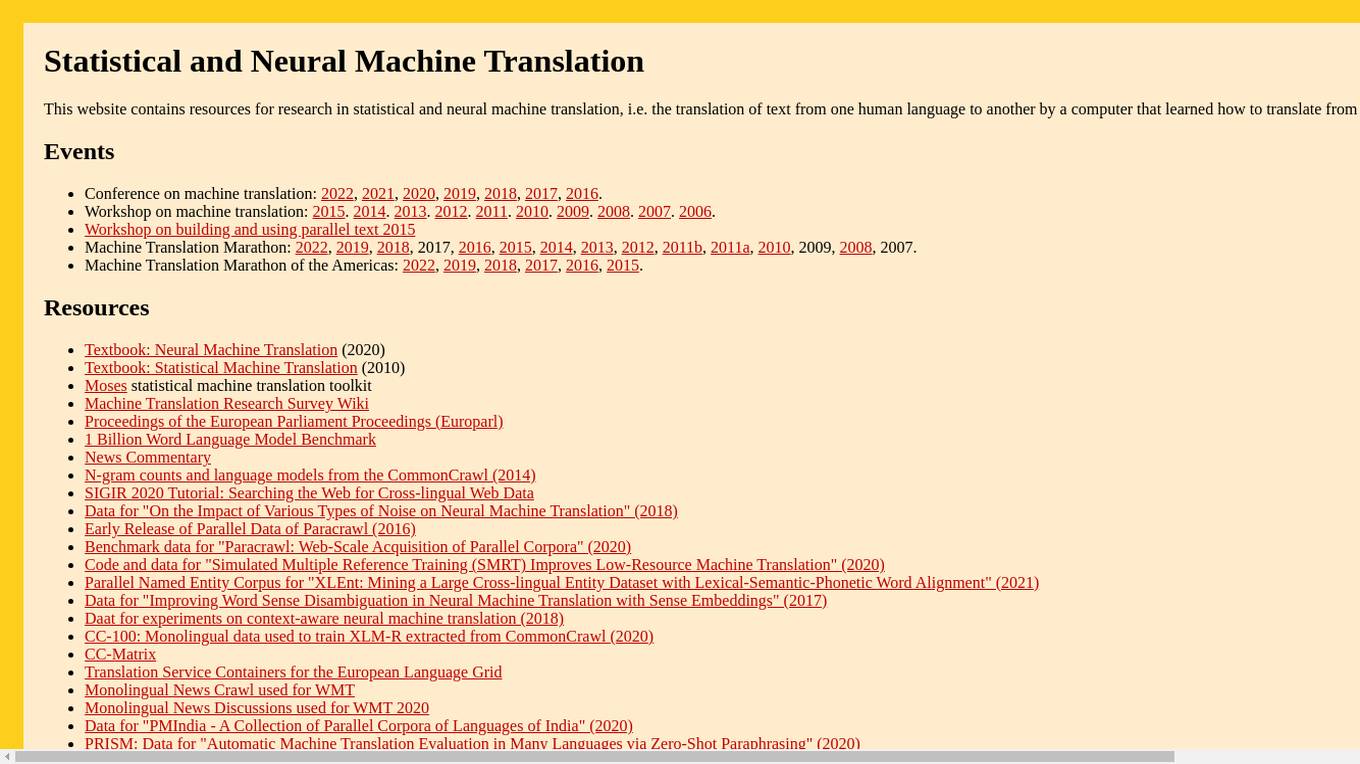
Machine Translation Research Hub
This website is a comprehensive resource for research in statistical and neural machine translation. It provides information, tools, and datasets related to the translation of text from one human language to another using computer algorithms trained on vast amounts of translated text.
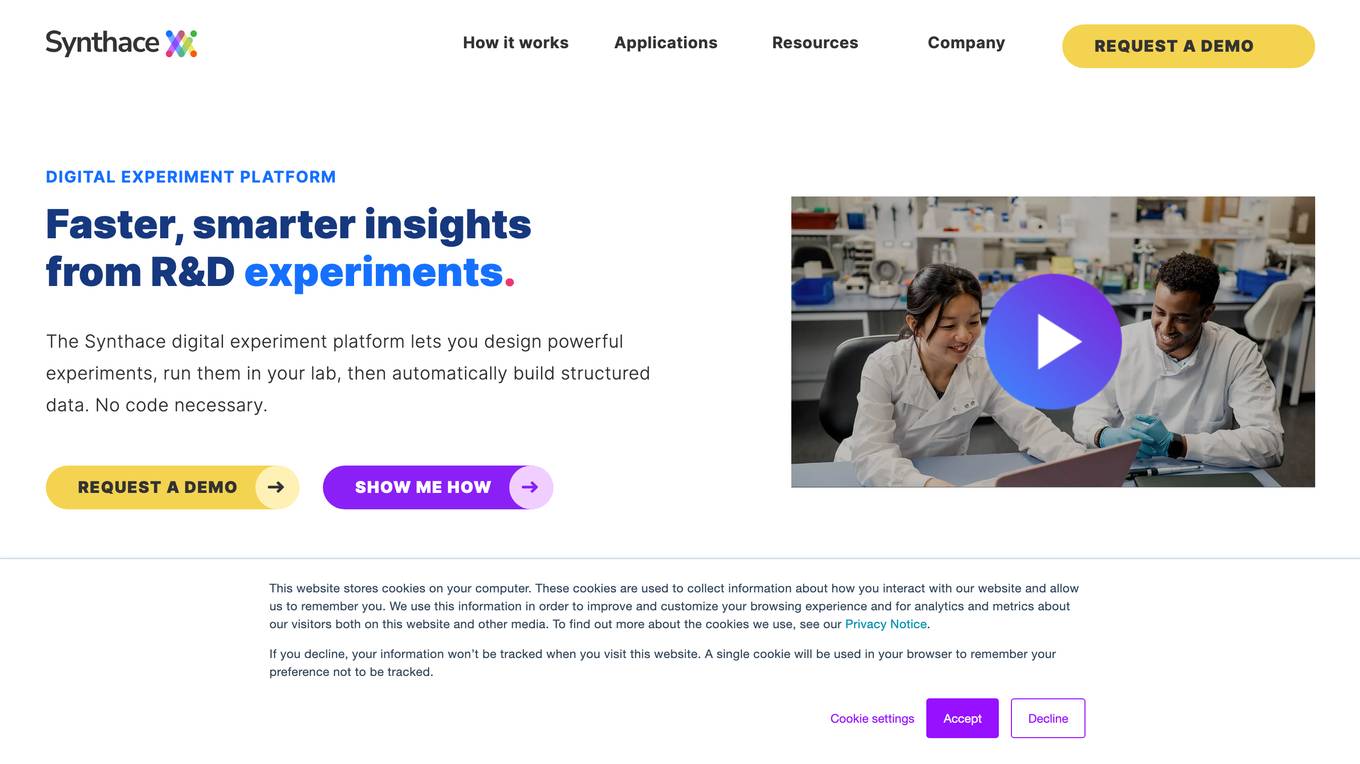
Synthace
Synthace is a software and expertise platform designed for Discovery Biology Teams to streamline and optimize their experiments in assay development, media optimization, and purification process development. The platform offers software solutions, training, and on-site support from specialists to help scientists conduct experiments more efficiently and effectively. By leveraging multifactorial methods and automation, Synthace aims to accelerate drug discovery processes and deliver faster, definitive results.
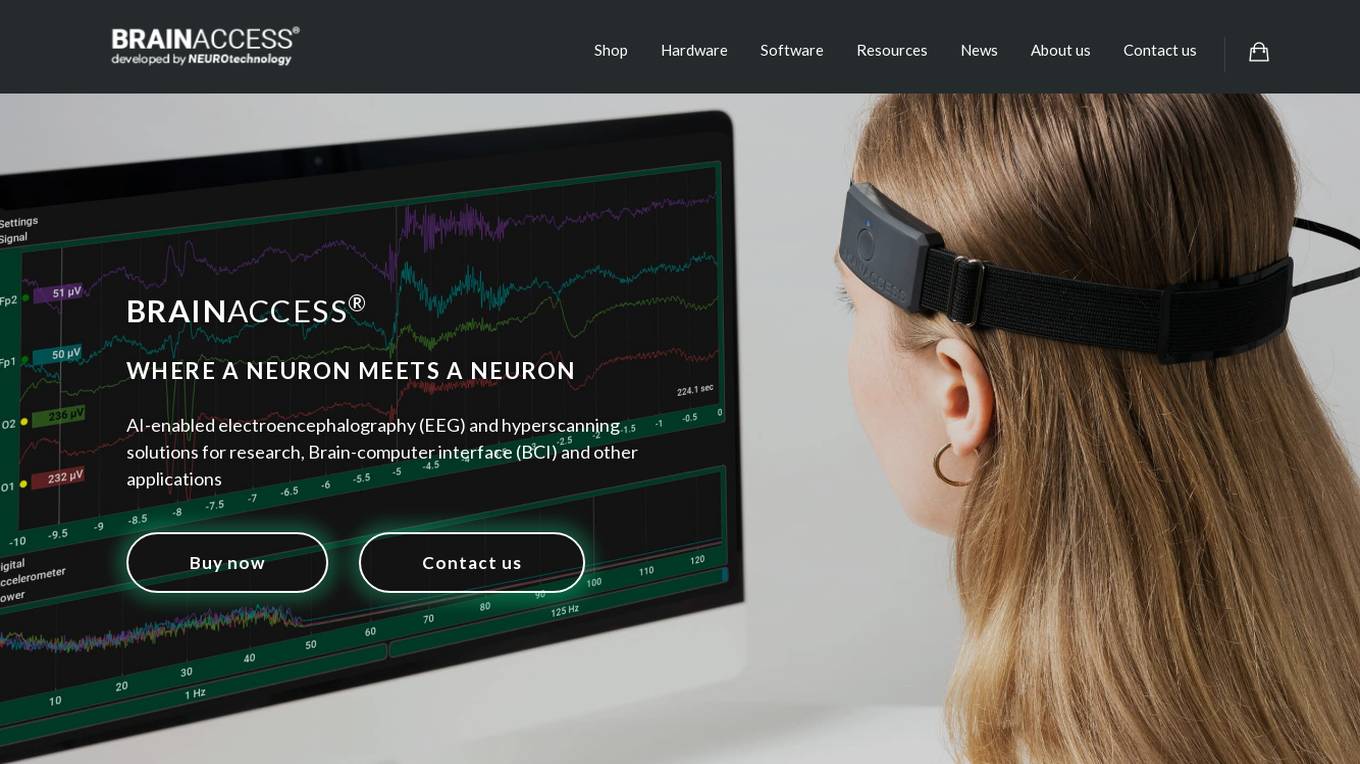
BrainAccess
BrainAccess is an AI-enabled electroencephalography (EEG) and hyperscanning solution designed for research, brain-computer interface development, neuromarketing, and beyond. It offers dry-contact EEG electrodes, wireless connectivity, and a compact form factor for portable applications. The software supports Lab Streaming Layer (LSL) protocol, enabling synchronized EEG measurements with stimulus onsets or sensor data. BrainAccess also facilitates hyperscanning, allowing synchronized brain activity measurements from multiple individuals. The user-friendly software development kit supports multiple programming languages for device control and EEG application development.
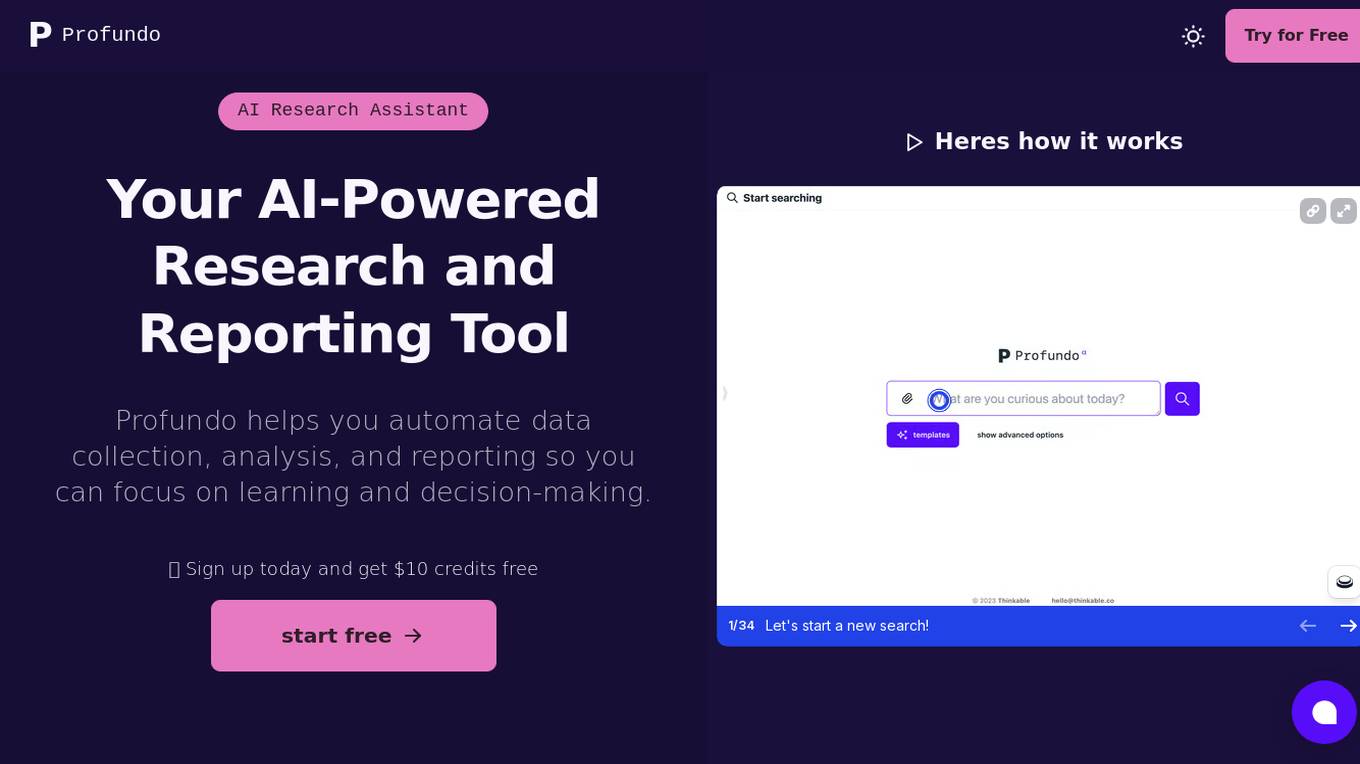
Profundo
Profundo is an AI-powered research assistant that automates data collection, analysis, and reporting. It enables users to conduct in-depth research on various topics efficiently and accurately. With cutting-edge AI algorithms, Profundo minimizes errors, maximizes productivity, and provides user-friendly interface for seamless integration with existing tools. Trusted by professionals, Profundo is used for self-study, content creation, academic research, industry analysis, and more.

Google Research
Google Research is a leading research organization focusing on advancing science and artificial intelligence. They conduct research in various domains such as AI/ML foundations, responsible human-centric technology, science & societal impact, computing paradigms, and algorithms & optimization. Google Research aims to create an environment for diverse research across different time scales and levels of risk, driving advancements in computer science through fundamental and applied research. They publish hundreds of research papers annually, collaborate with the academic community, and work on projects that impact technology used by billions of people worldwide.
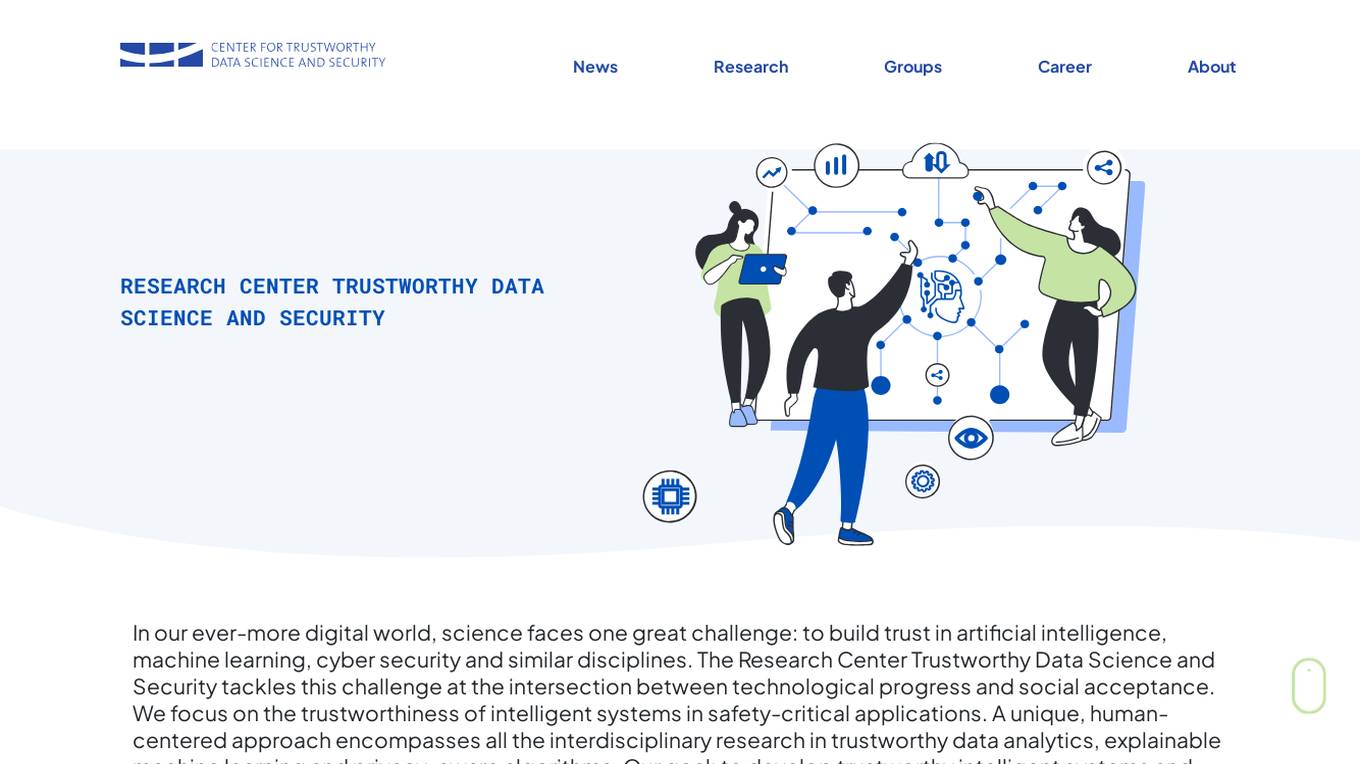
Research Center Trustworthy Data Science and Security
The Research Center Trustworthy Data Science and Security is a hub for interdisciplinary research focusing on building trust in artificial intelligence, machine learning, and cyber security. The center aims to develop trustworthy intelligent systems through research in trustworthy data analytics, explainable machine learning, and privacy-aware algorithms. By addressing the intersection of technological progress and social acceptance, the center seeks to enable private citizens to understand and trust technology in safety-critical applications.
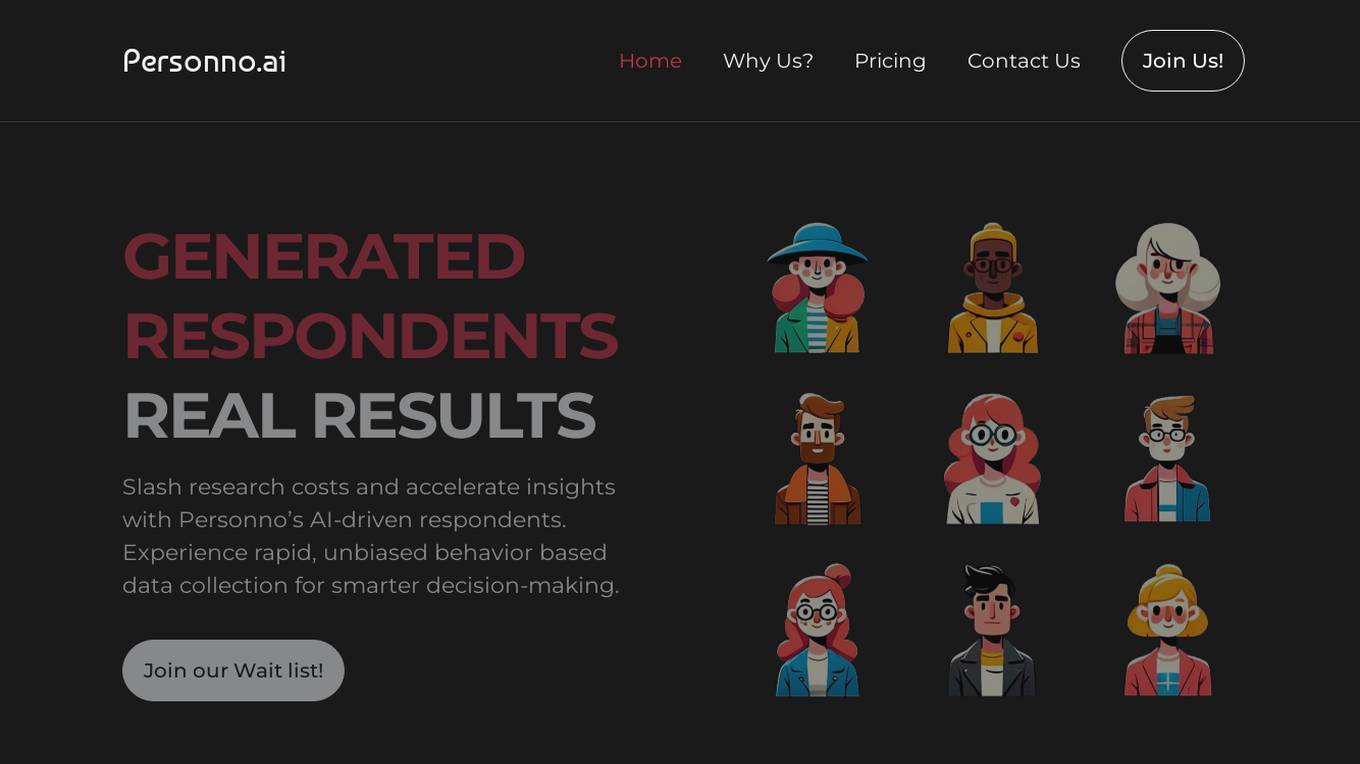
Personno.ai
Personno.ai is an AI-driven market research platform that provides businesses with access to a pool of AI-generated respondents. These respondents are designed to mimic the behavior and characteristics of real human respondents, allowing businesses to conduct research studies quickly and cost-effectively. Personno.ai's platform includes a range of features that make it easy to create and manage research studies, including the ability to create custom audiences, conduct real-time interviews, and collect both qualitative and quantitative data.

Sider Community
Sider Community is a platform that offers tools for deep research and web creation. Users can utilize the platform to recommend business, technology, and culture-related content. The platform supports various project types such as landing pages, corporate websites, product showcases, app promo pages, personal resumes, portfolios, intranet portals, dashboards, and games. Users can create and share their projects on the platform.
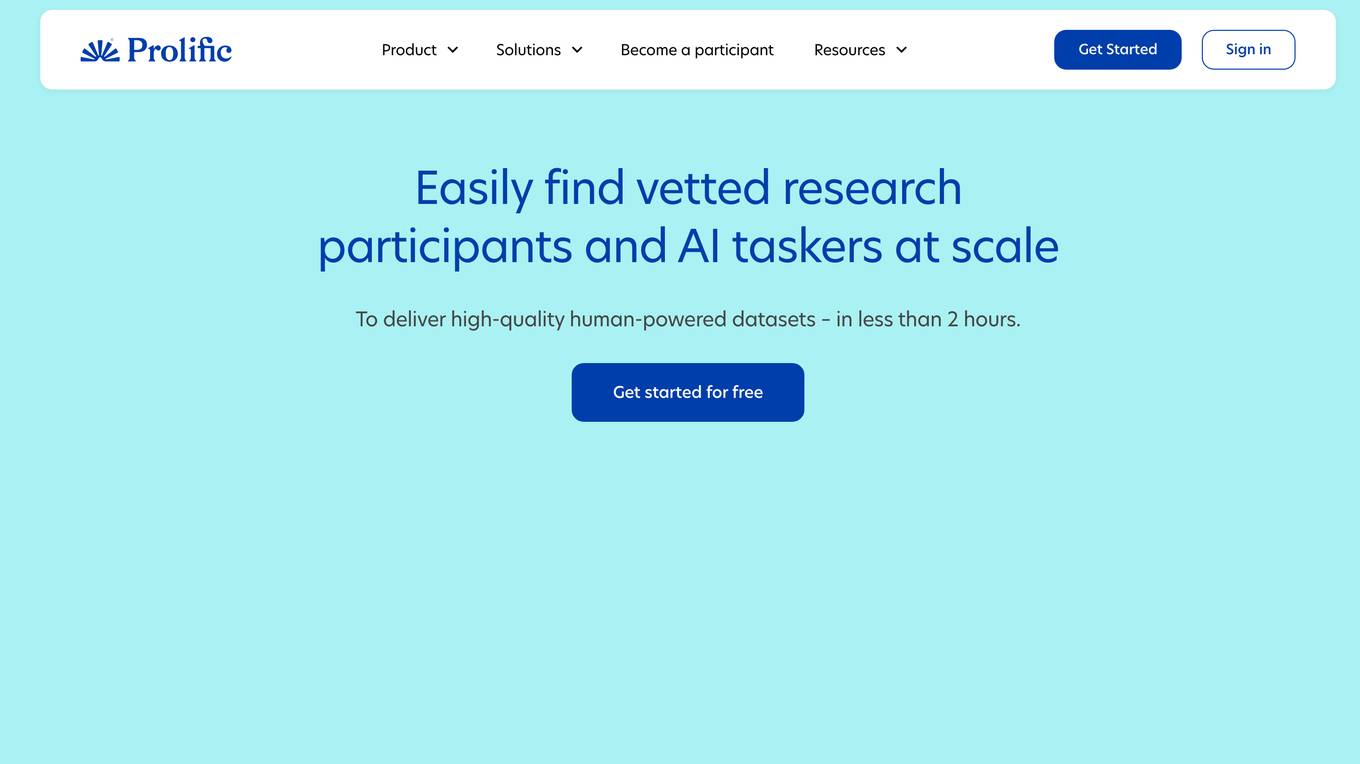
Prolific
Prolific is a platform that allows users to quickly find research participants they can trust. It offers a diverse participant pool, including domain experts and API integration. Prolific ensures high-quality human-powered datasets in less than 2 hours, trusted by over 3000 organizations. The platform is designed for ease of use, with self-serve options and scalability. It provides rich, accurate, and comprehensive responses from engaged participants, verified through manual and algorithmic quality checks.
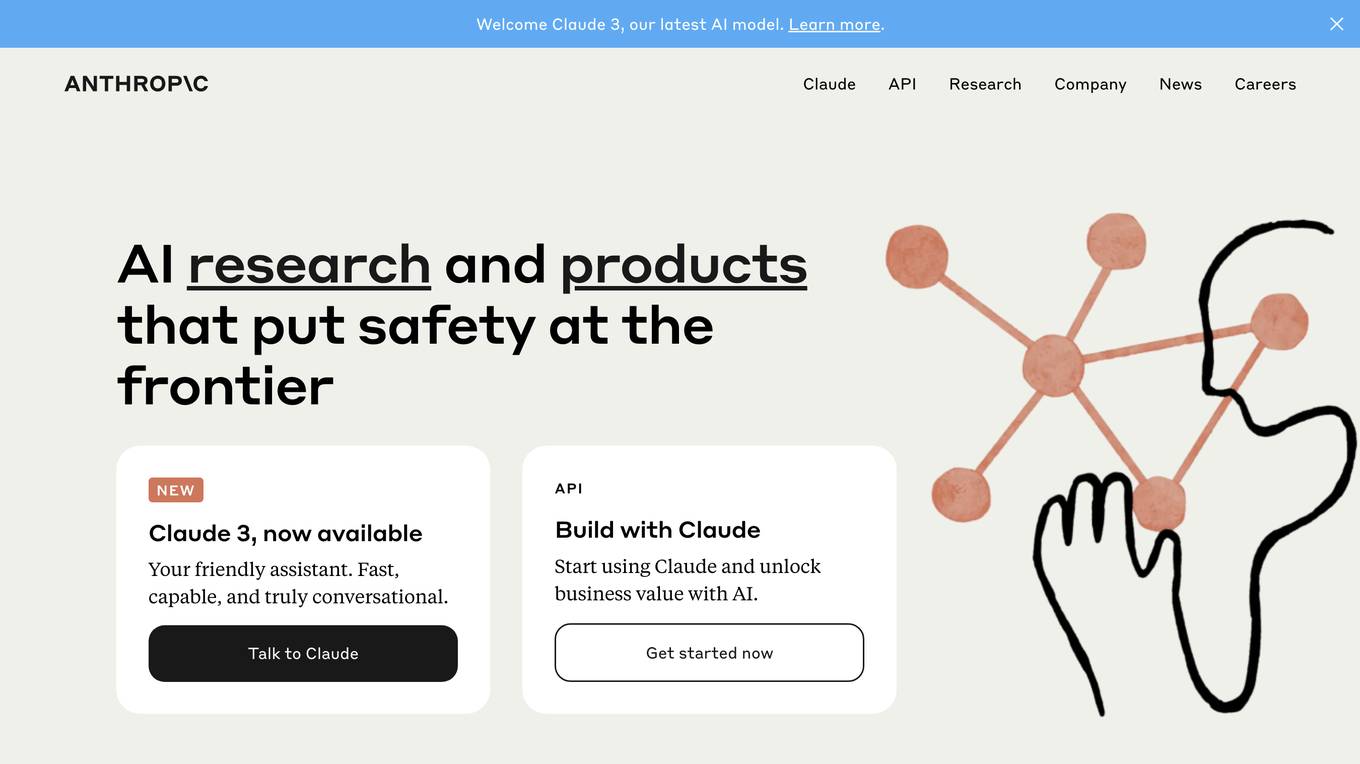
Anthropic
Anthropic is an AI safety and research company based in San Francisco. Our interdisciplinary team has experience across ML, physics, policy, and product. Together, we generate research and create reliable, beneficial AI systems.
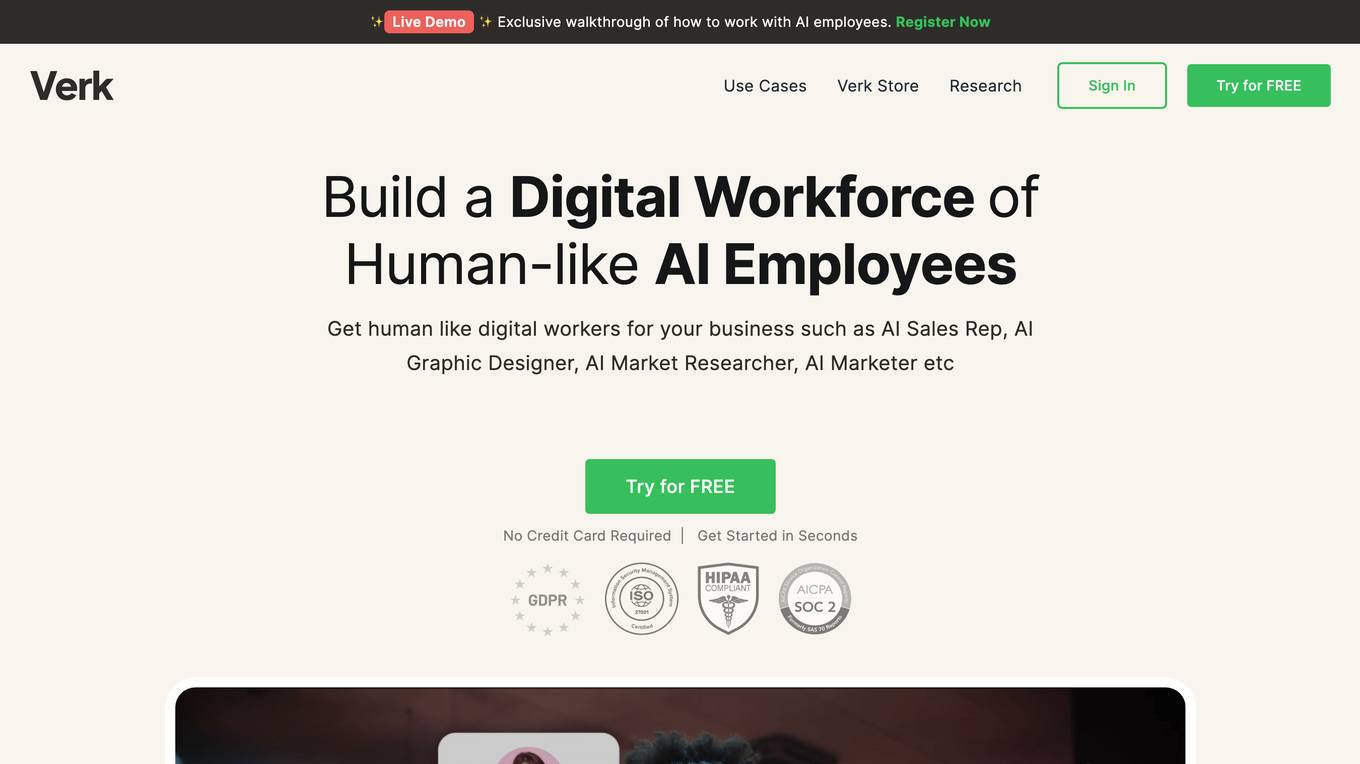
Verk
Verk is an AI tool that offers AI-content writing and market research services. It provides users with the ability to generate blogs, content, copy, and conduct market research through AI-powered assistants named Amelia and Jake. The platform aims to assist individuals and businesses in creating high-quality written content and conducting thorough market analysis efficiently.
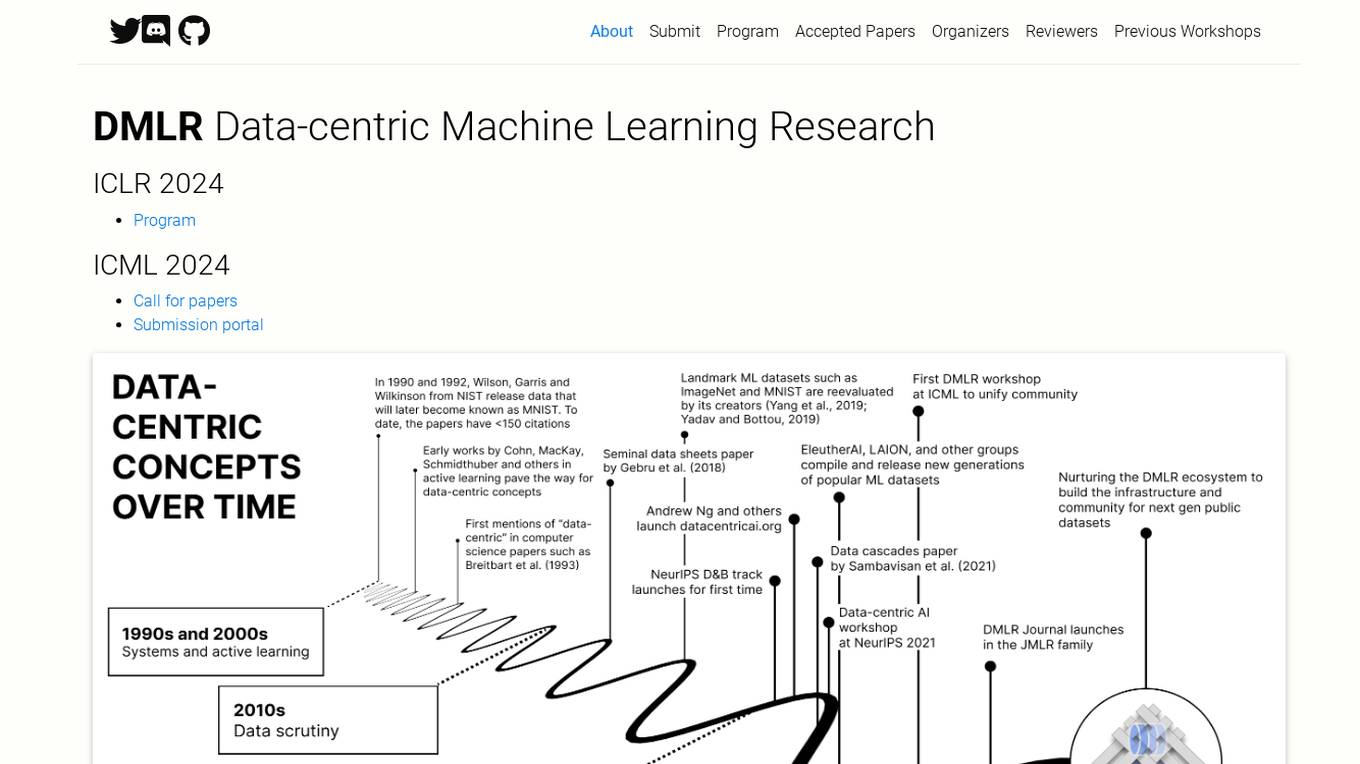
DMLR
DMLR (Data-centric Machine Learning Research) is an AI tool that focuses on advancing research in data-centric machine learning. It organizes workshops, research retreats, maintains a journal, and runs a working group to support infrastructure projects. The platform covers topics such as data collection, governance, bias, and drifts, as well as data-centric explainable AI and AI alignment. DMLR encourages submissions around the theme of AI for Science, using AI to tackle scientific challenges and accelerate discoveries.
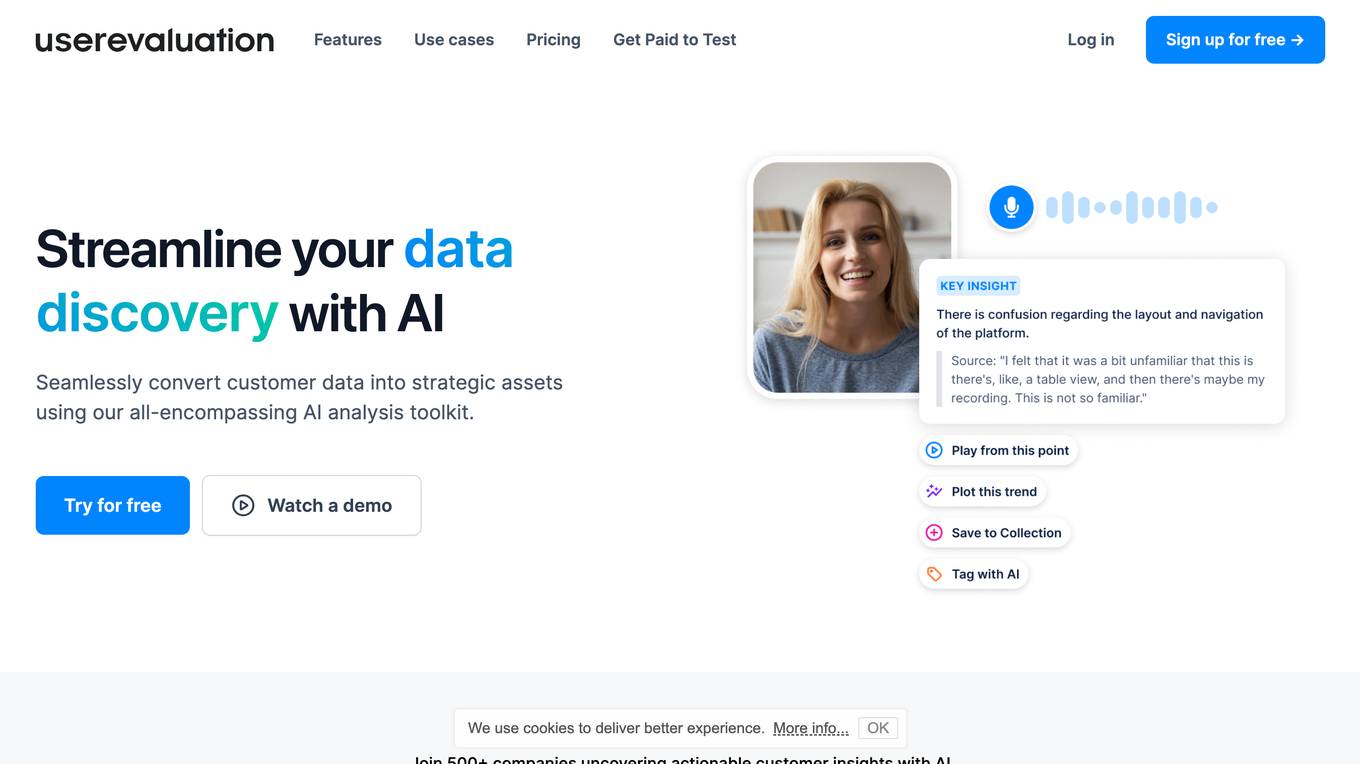
User Evaluation
User Evaluation is an AI-first user research platform that leverages AI technology to provide instant insights, comprehensive reports, and on-demand answers to enhance customer research. The platform offers features such as AI-driven data analysis, multilingual transcription, live timestamped notes, AI reports & presentations, and multimodal AI chat. User Evaluation empowers users to analyze qualitative and quantitative data, synthesize AI-generated recommendations, and ensure data security through encryption protocols. It is designed for design agencies, product managers, founders, and leaders seeking to accelerate innovation and shape exceptional product experiences.
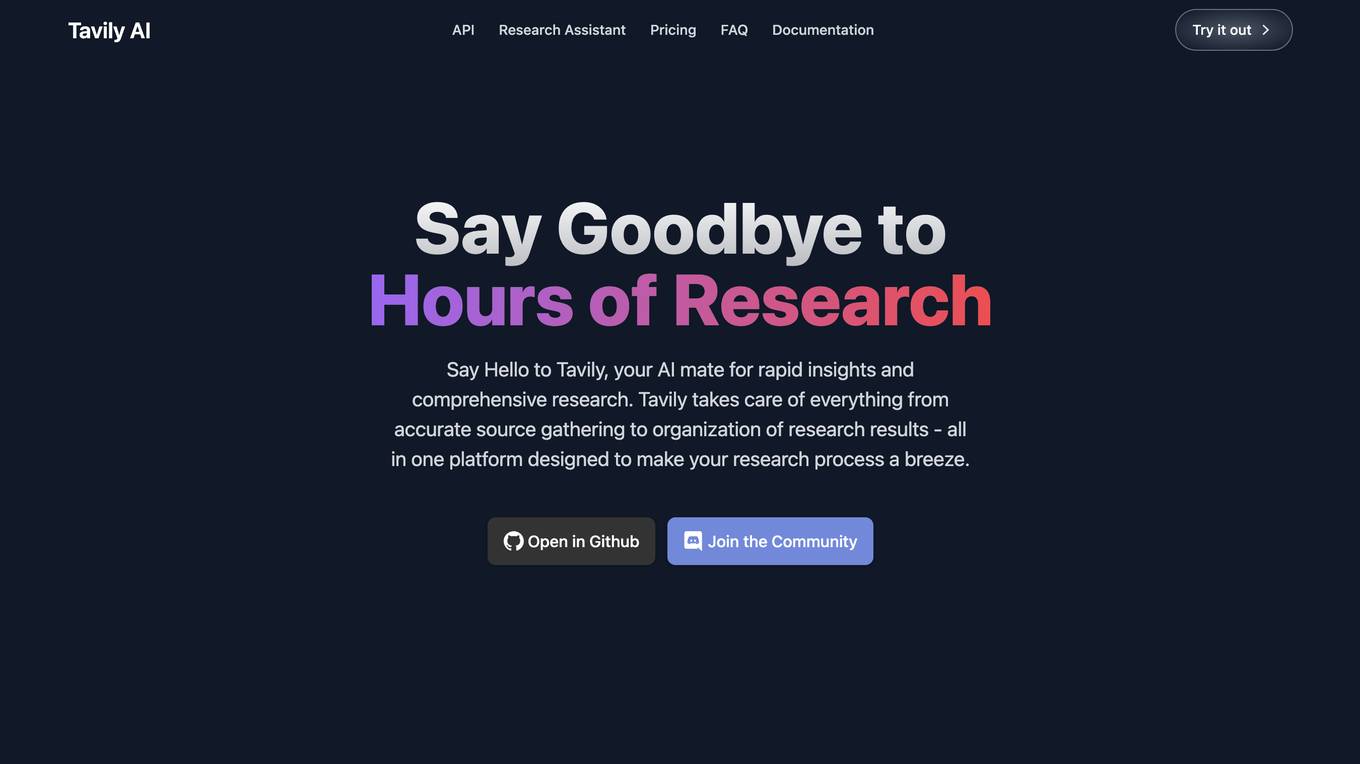
Tavily
Tavily is an AI-powered research assistant that helps users gather information from multiple online sources and organize it into comprehensive research reports. It uses advanced algorithms and models to ensure the accuracy of the information provided and can be integrated with any LLM. Tavily is suitable for both individuals and enterprises who need to conduct research to make unbiased and informed decisions.
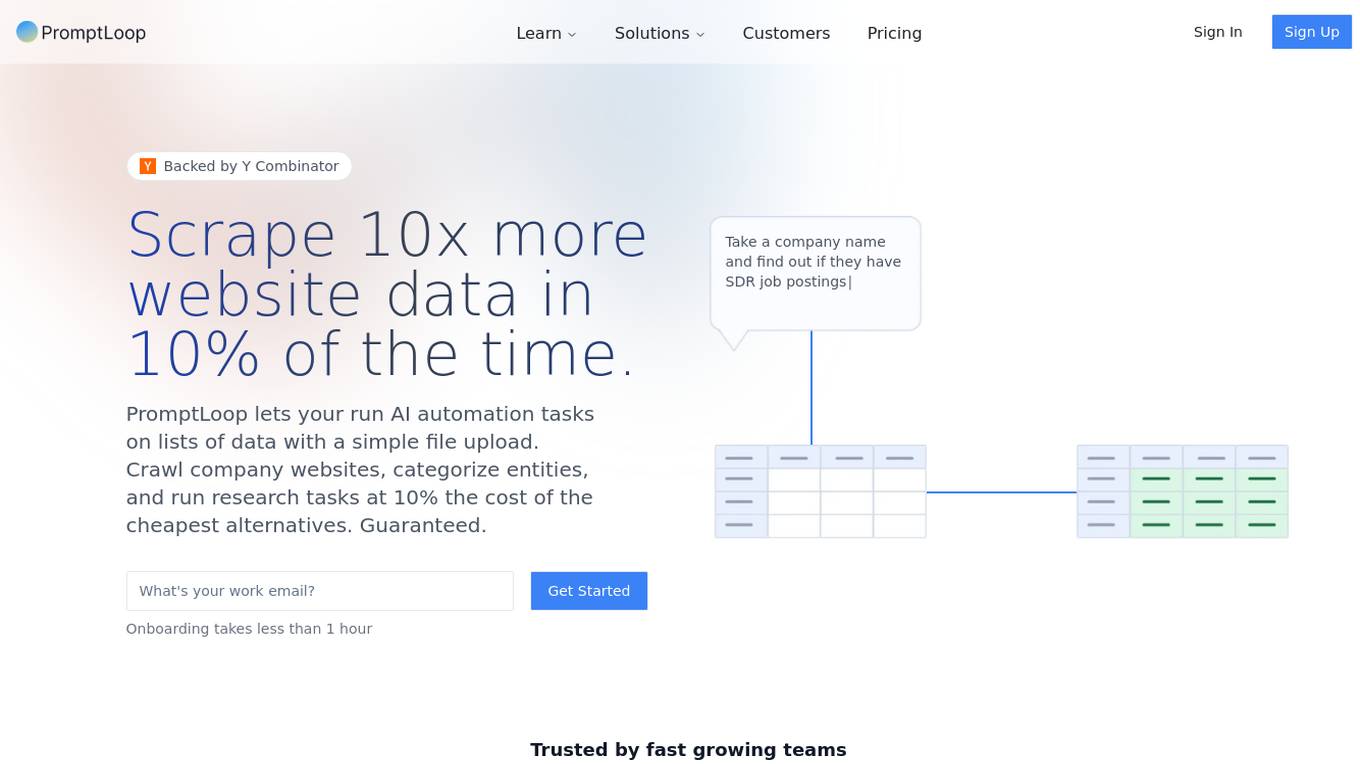
PromptLoop
PromptLoop is an AI-powered web scraping and data extraction platform that allows users to run AI automation tasks on lists of data with a simple file upload. It enables users to crawl company websites, categorize entities, and conduct research tasks at a fraction of the cost of other alternatives. By leveraging unique company data from spreadsheets, PromptLoop enables the creation of custom AI models tailored to specific needs, facilitating the extraction of valuable insights from complex information.
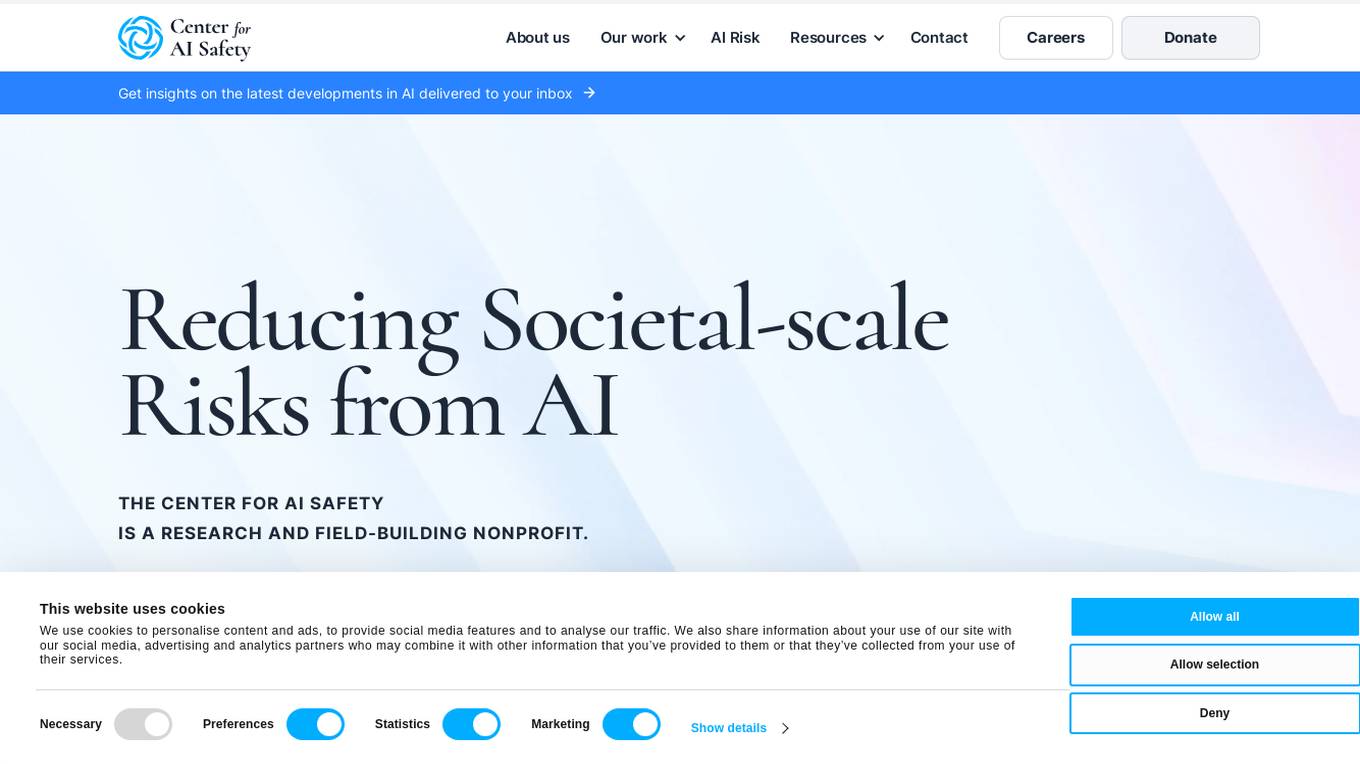
Center for AI Safety (CAIS)
The Center for AI Safety (CAIS) is a research and field-building nonprofit organization based in San Francisco. They conduct impactful research, advocacy projects, and provide resources to reduce societal-scale risks associated with artificial intelligence (AI). CAIS focuses on technical AI safety research, field-building projects, and offers a compute cluster for AI/ML safety projects. They aim to develop and use AI safely to benefit society, addressing inherent risks and advocating for safety standards.
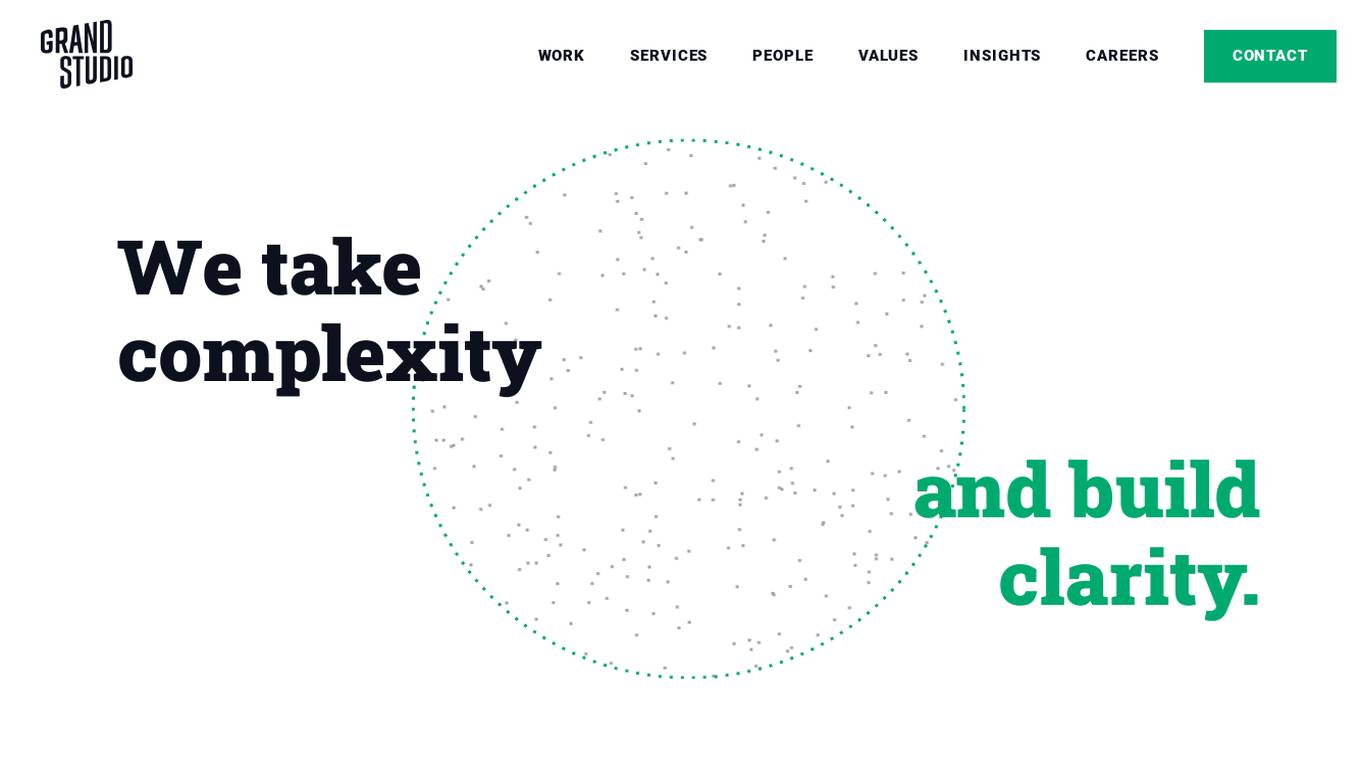
Grand Studio
Grand Studio is an AI design studio that specializes in UX design, digital products, strategy, and research. They use design thinking to tackle complex challenges and create innovative solutions for their partners. Their services include service design, qualitative research, product design and strategy, UX/UI design, and conversation design. Grand Studio aims to turn complexity into clarity by designing products, systems, and services that help users succeed. They work with a variety of partners across different industries to bring unique visions to life.
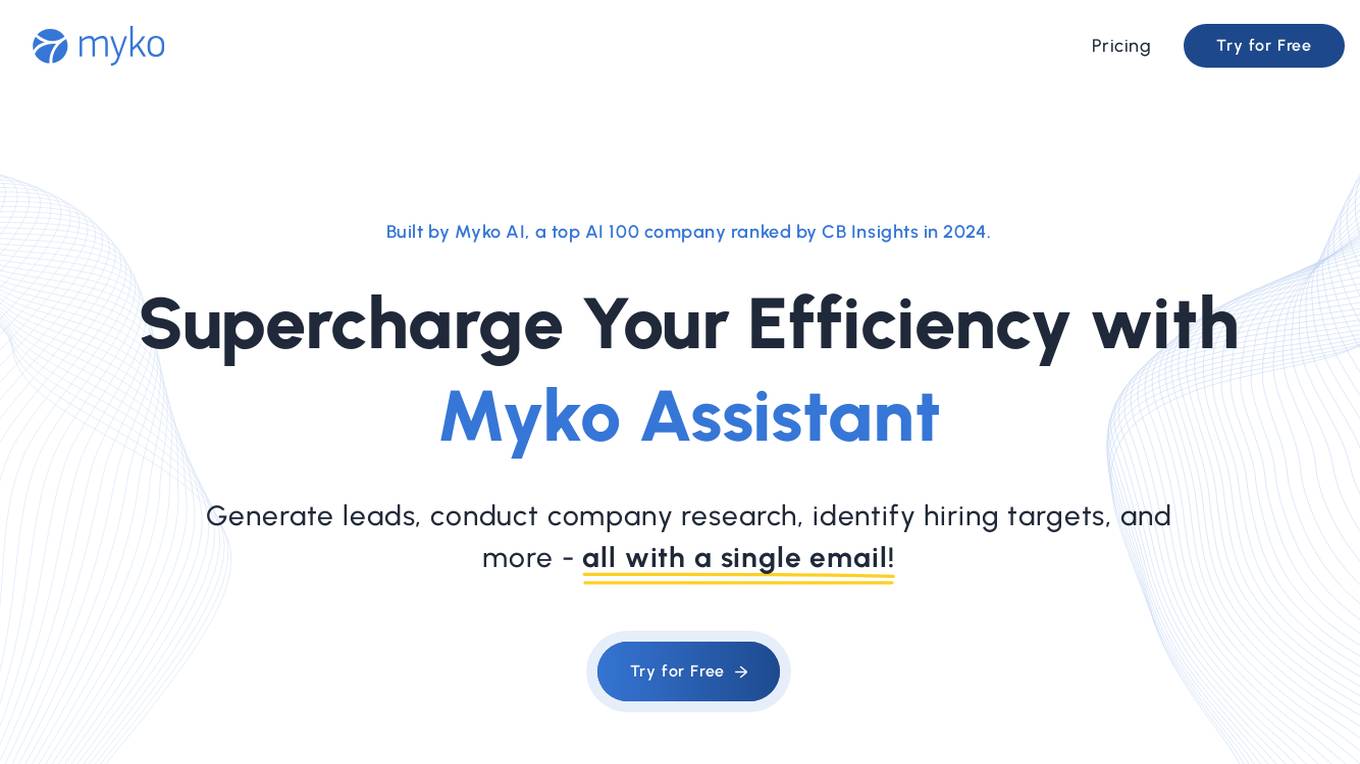
Myko Assistant
Myko Assistant is an advanced AI-powered deep search tool developed by Myko AI, a top AI 100 company ranked by CB Insights in 2024. It supercharges efficiency by generating leads, conducting company research, identifying hiring targets, and more - all through simple email communication. The assistant tirelessly seeks out complete and accurate information to provide users with verified responses, ensuring unwavering accuracy in the results.
2 - Open Source AI Tools
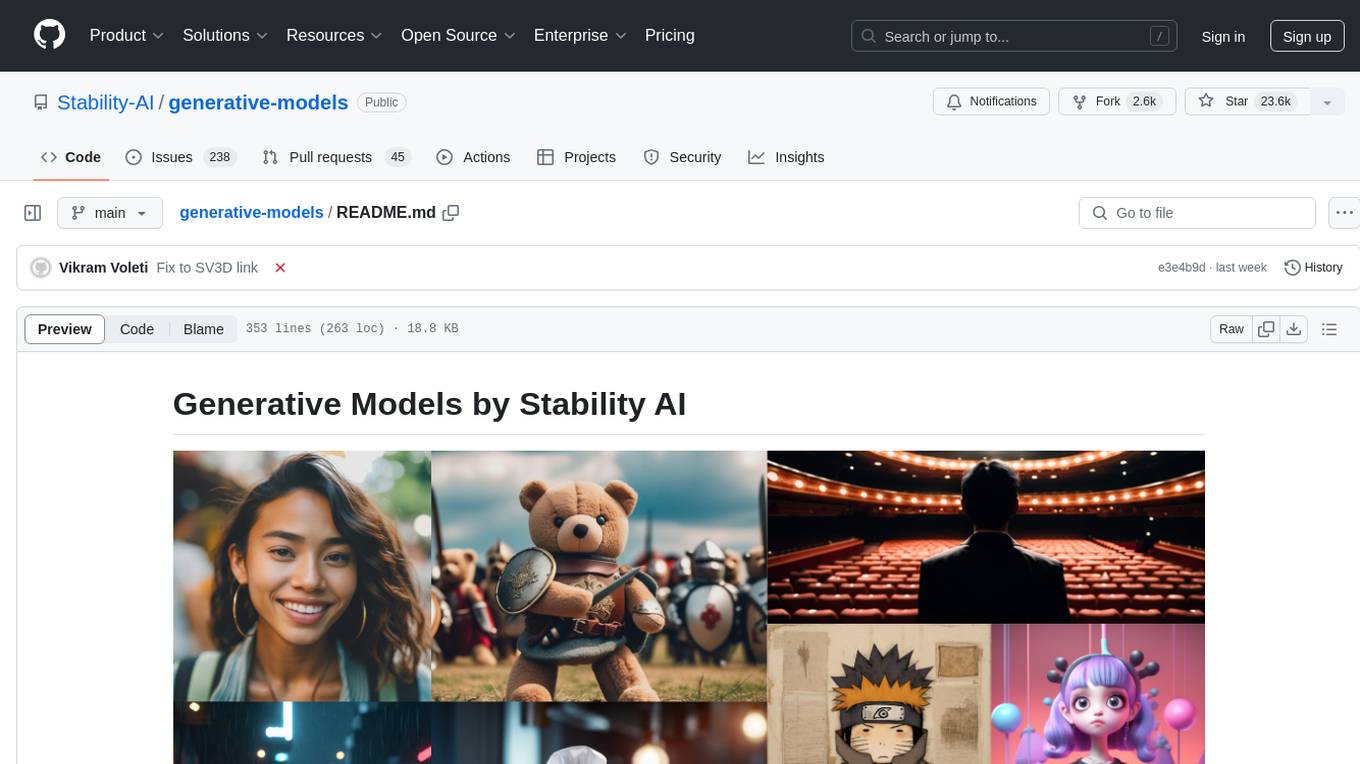
generative-models
Generative Models by Stability AI is a repository that provides various generative models for research purposes. It includes models like Stable Video 4D (SV4D) for video synthesis, Stable Video 3D (SV3D) for multi-view synthesis, SDXL-Turbo for text-to-image generation, and more. The repository focuses on modularity and implements a config-driven approach for building and combining submodules. It supports training with PyTorch Lightning and offers inference demos for different models. Users can access pre-trained models like SDXL-base-1.0 and SDXL-refiner-1.0 under a CreativeML Open RAIL++-M license. The codebase also includes tools for invisible watermark detection in generated images.
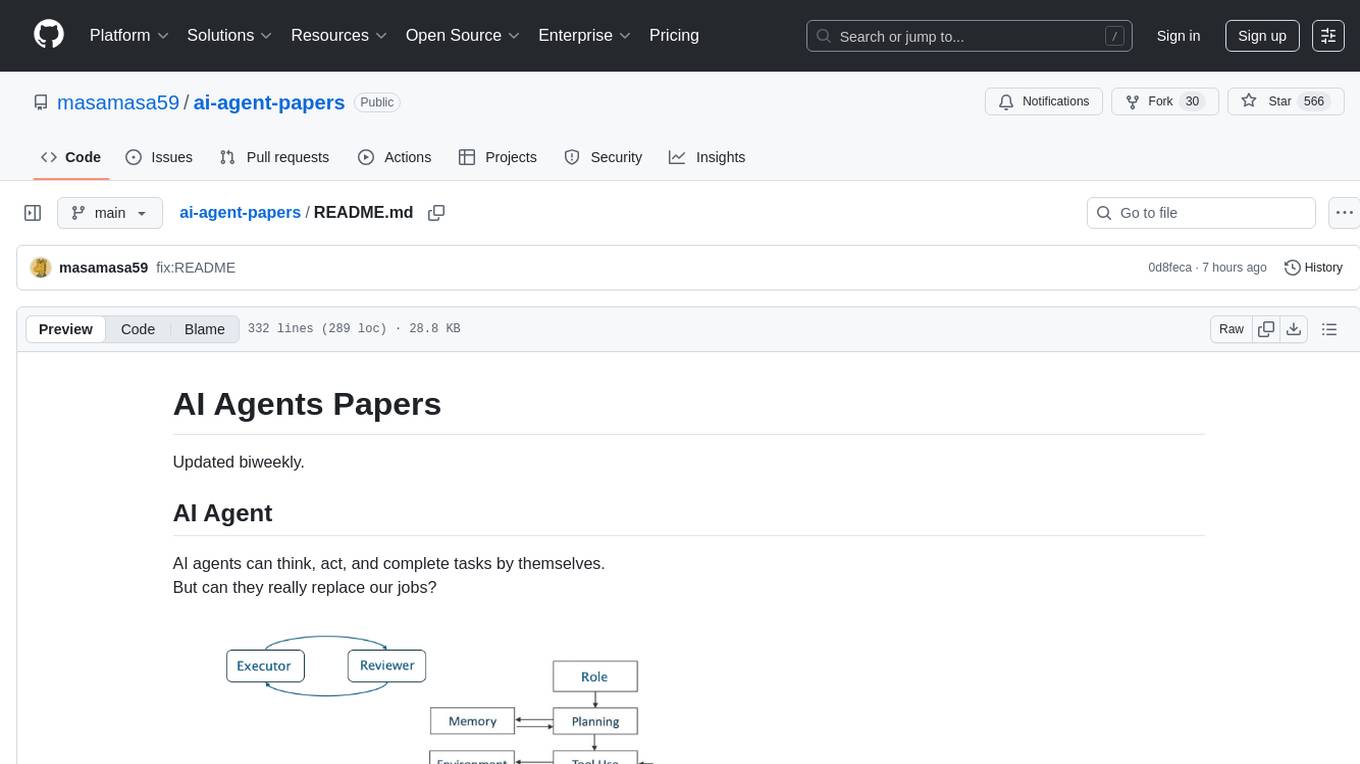
ai-agent-papers
The AI Agents Papers repository provides a curated collection of papers focusing on AI agents, covering topics such as agent capabilities, applications, architectures, and presentations. It includes a variety of papers on ideation, decision making, long-horizon tasks, learning, memory-based agents, self-evolving agents, and more. The repository serves as a valuable resource for researchers and practitioners interested in AI agent technologies and advancements.
20 - OpenAI Gpts

Fizik Hocasi
Turkish-speaking Physics teacher, specializing in Quantum and Theoretical Physics.
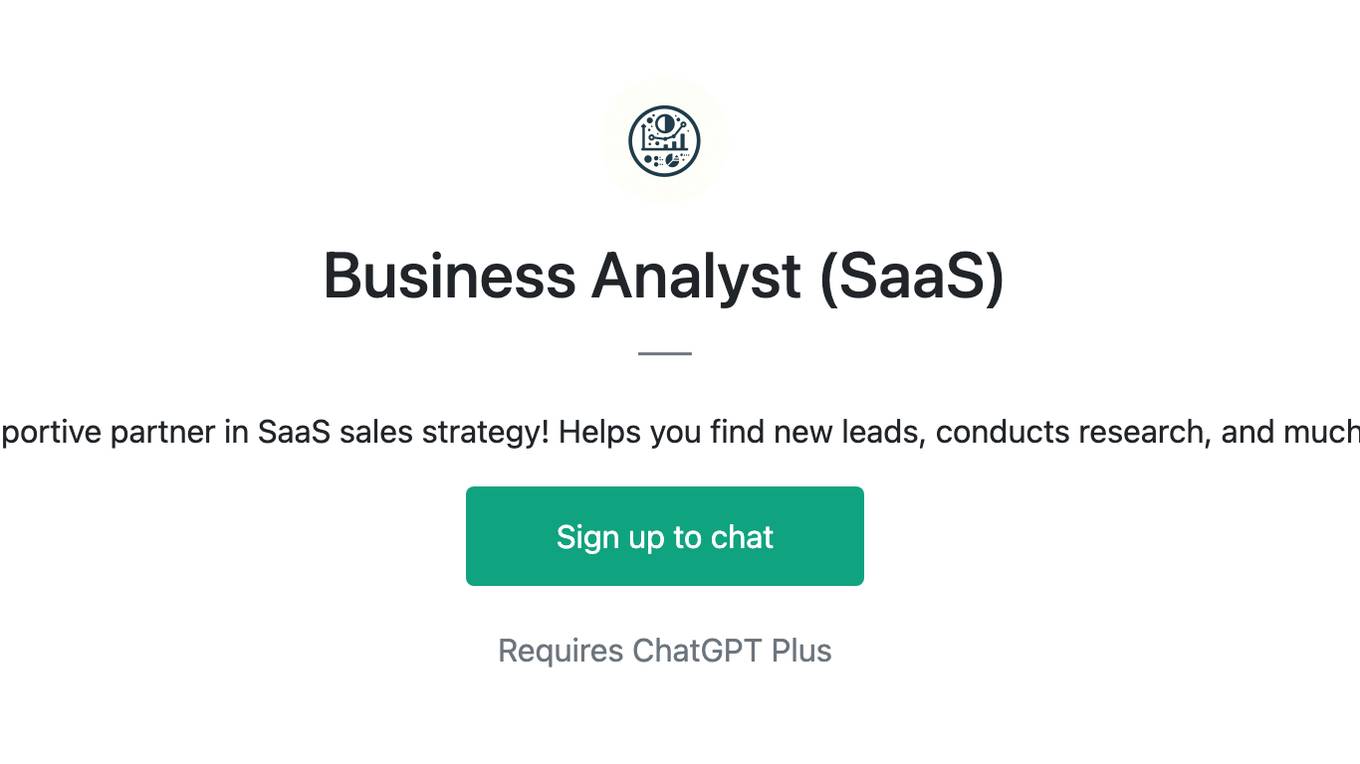
Business Analyst (SaaS)
Your supportive partner in SaaS sales strategy! Helps you find new leads, conducts research, and much more!
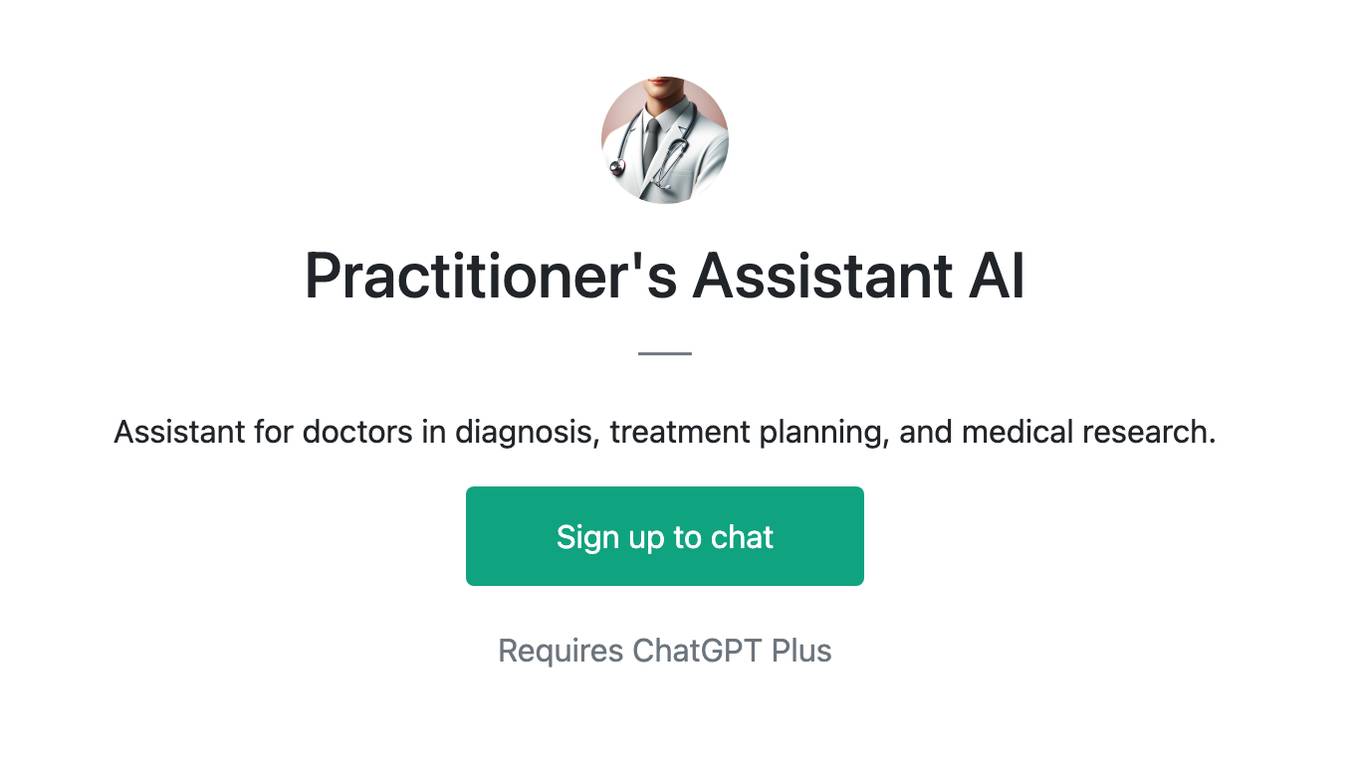
Practitioner's Assistant AI
Assistant for doctors in diagnosis, treatment planning, and medical research.
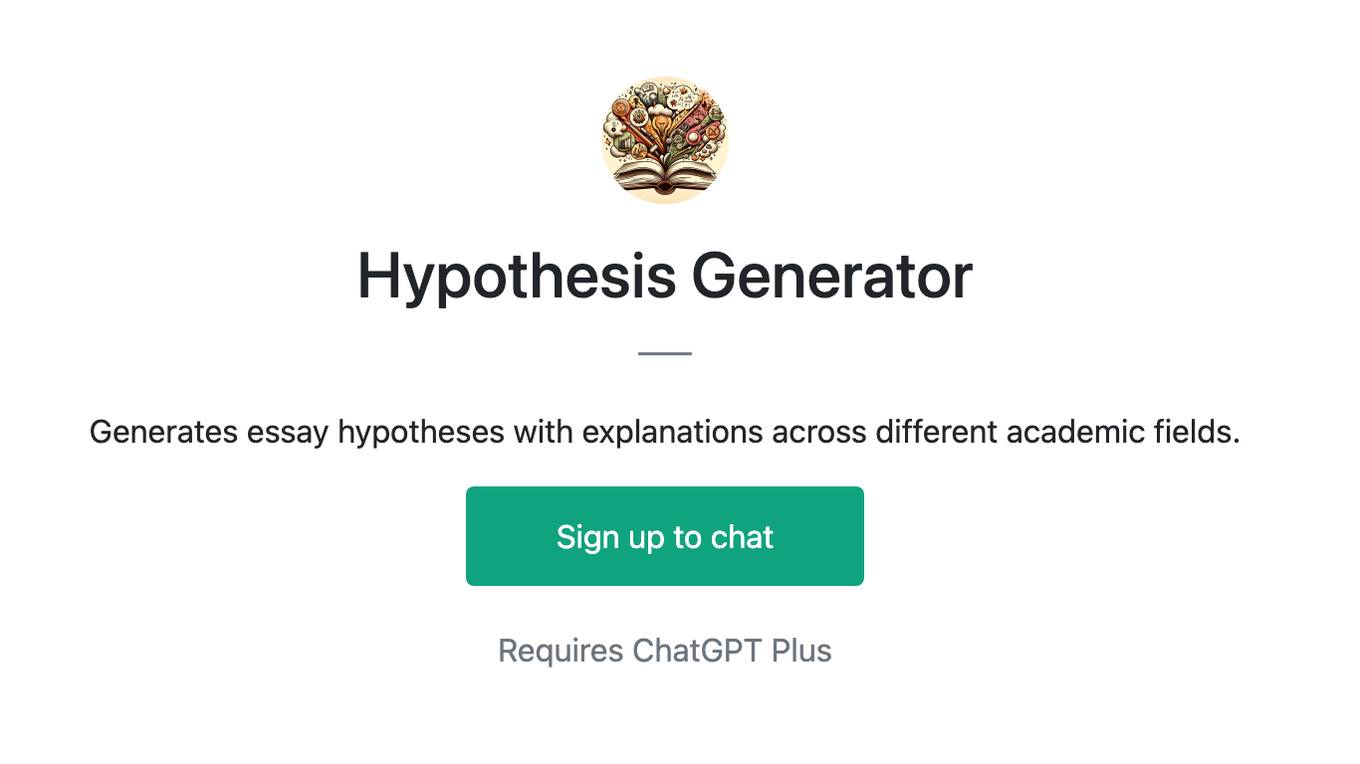
Hypothesis Generator
Generates essay hypotheses with explanations across different academic fields.

Sérfræðingur í íslenskri afbrotatölfræði
Sérfræðingur í kostnaði og áhrifum vímuefnabanns
